-
Covert Route to NATO: John Pomfret on the Origins of the Polish-American Alliance
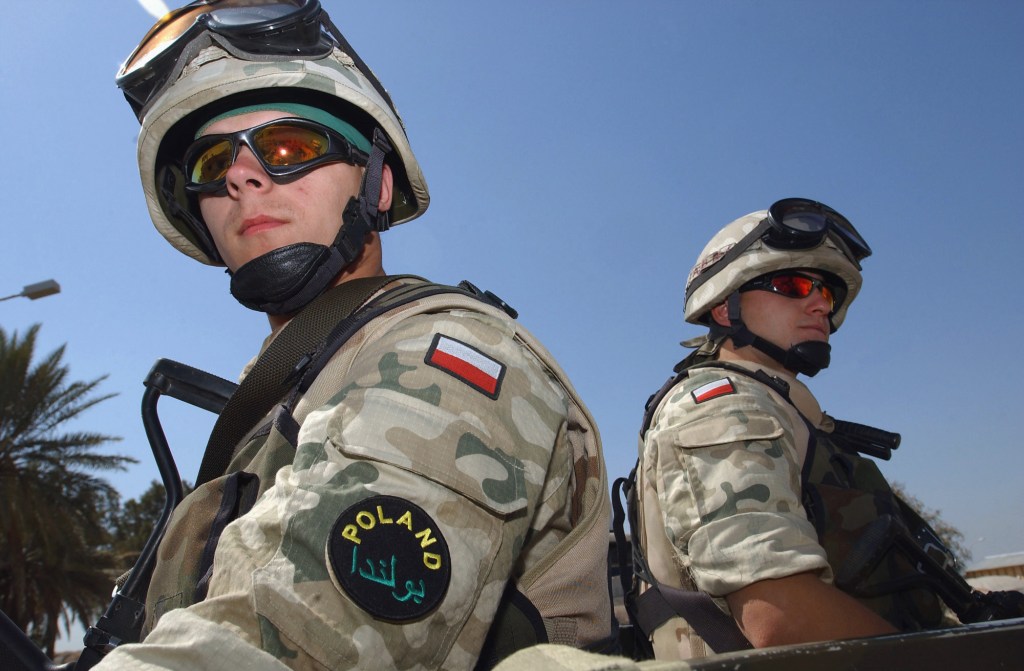
BY MELANIA PARZONKA – Melania Parzonka speaks to critically acclaimed journalist John Pomfret about the early days of the unlikely intelligence cooperation between the two countries, which helped Poland secure NATO membership.
-
The US Must Demilitarize Its Border With Mexico
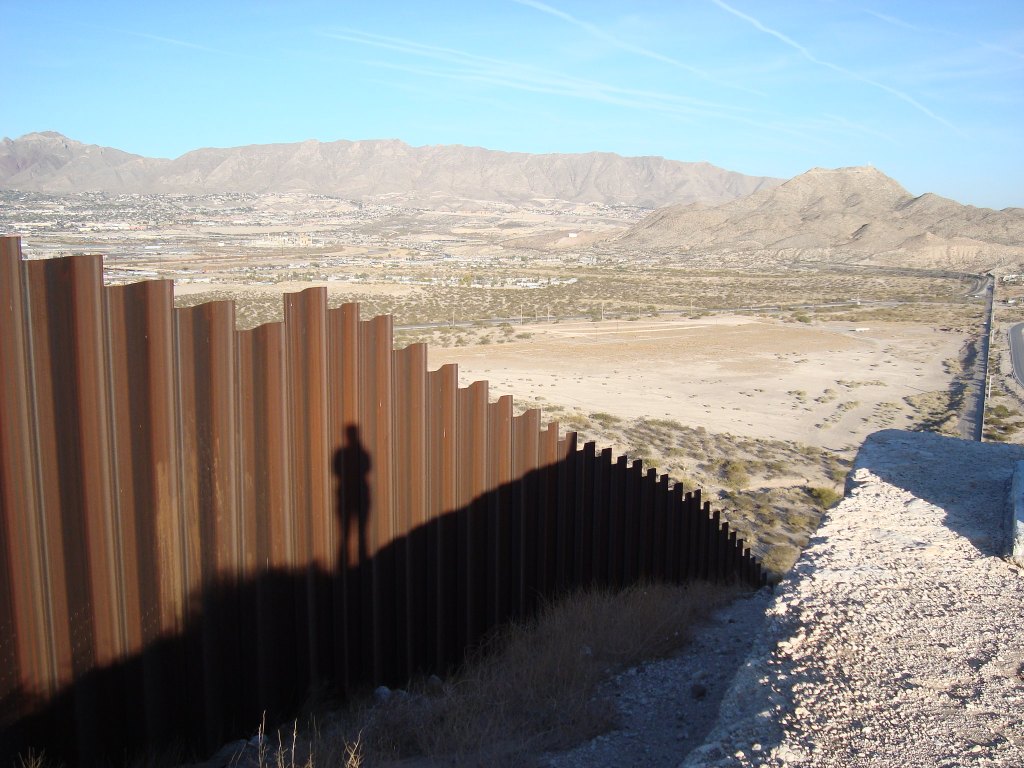
BY ASHLEIGH BUGG – From dystopian equipment like “robot dogs” to ICE’s for-profit detention centers, the militarization of the US-Mexico border has been accelerating. What is the history behind US border control, and what can the Biden administration do to prevent further violence and surveillance?
-
Sweden’s NATO Dilemma
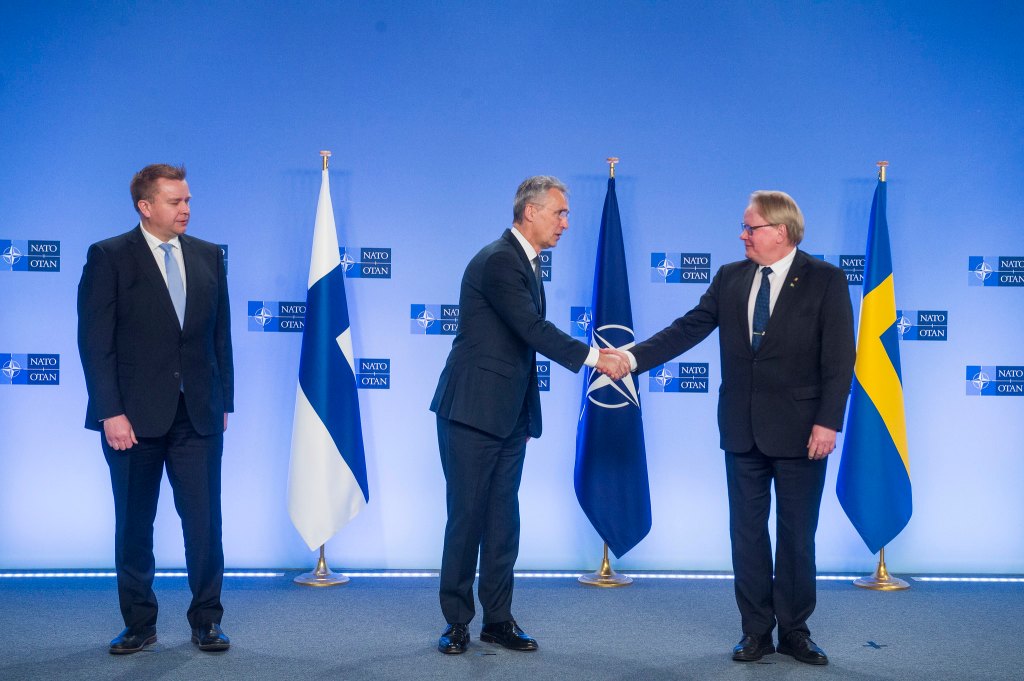
BY FABIAN DE GEER & SEBASTIAN DE GEER – The Finnish and Swedish bids to become NATO members mark a historical decision for Sweden to abandon its neutrality. But was it ever truly neutral?
-
Why This Is Not a “New Cold War”
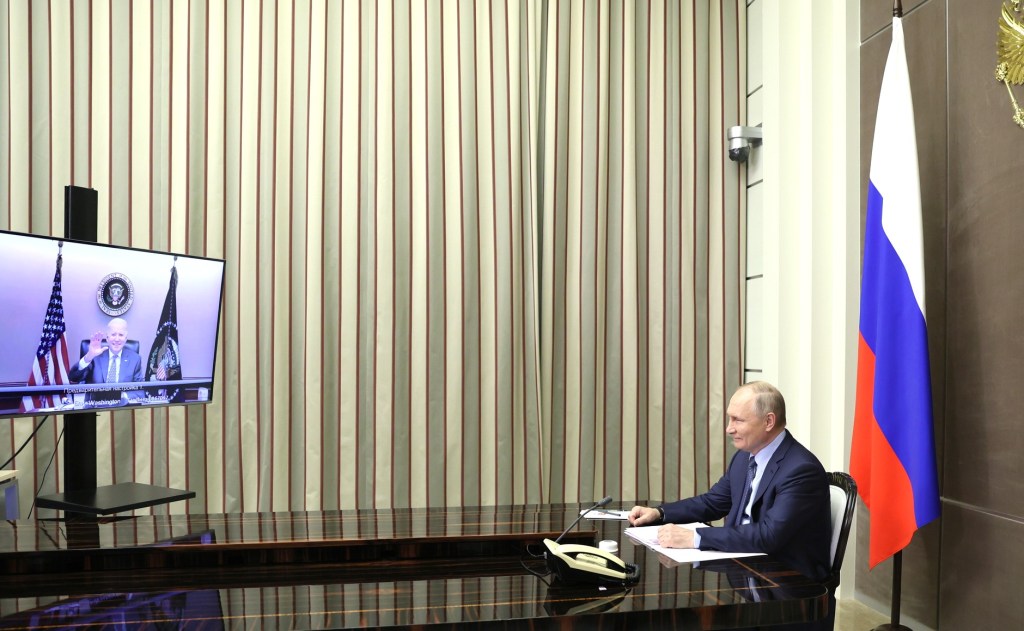
BY MARCUS ANDREOPOULOS – “The ‘New Cold War’ label that has been lazily attributed to US-Russia relations in light of the unfolding war in Ukraine offers a flawed comparison,” argues Marcus Andreopoulos.
-
Why You Shouldn’t Underestimate Russian Trolls

BY PETER PETRANGELO – With Putin’s invasion of Ukraine, Russian troll factories are once again making news. Often associated with easy-to-spot anonymous accounts that spew propaganda, today’s trolls have become much more sophisticated.
-
The Anti-War Left Are No Friends of Eastern Europeans
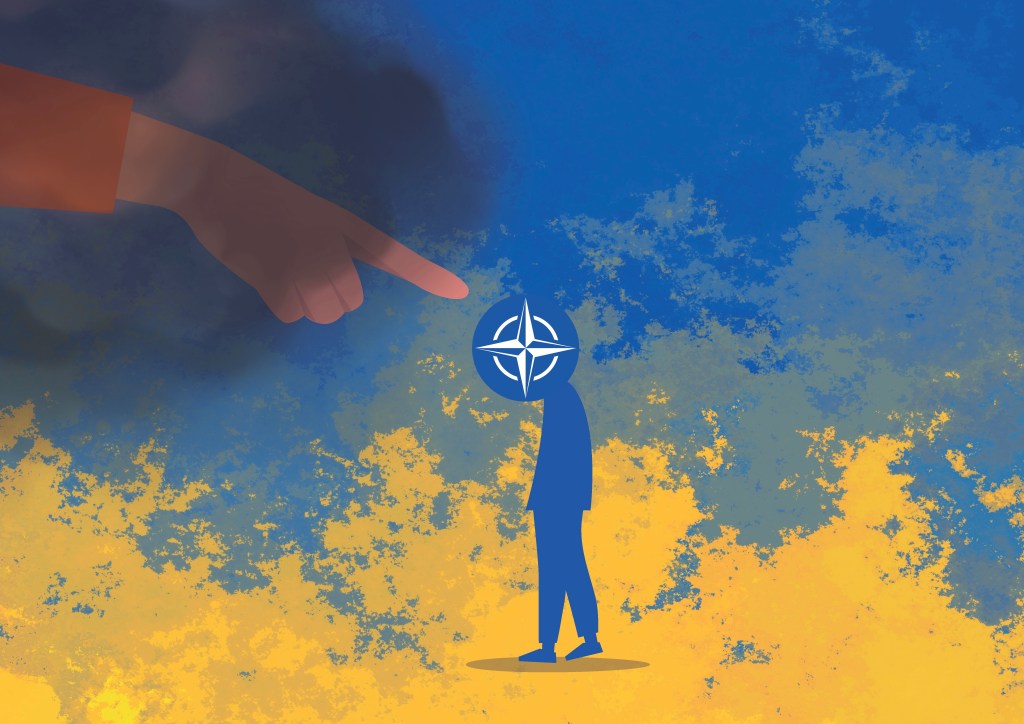
BY YVA ALEXANDROVA – Since Russia’s invasion of Ukraine, the Kremlin’s propaganda machine has found an unlikely ally in their criticism of NATO. Yva Alexandrova discusses the anti-war Left and what they get wrong about NATO’s expansion east.
-
Putin’s Ukrainian History Lesson
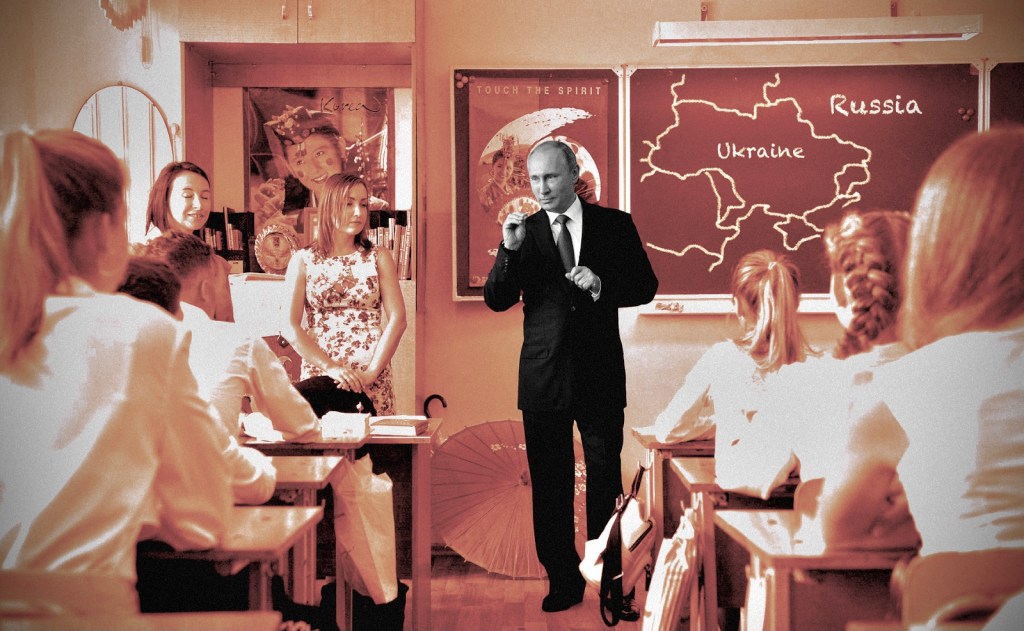
BY CYRIL BABEEV – History was the final weapon in Putin’s arsenal for the invasion of Ukraine. In his speech, the Russian president rewrote history to delegitimize the very idea of Ukrainian statehood. Cyril Babeev unravels Putin’s fantasies to explain the real Ukrainian history behind them.
-
Is Russia’s Move Toward Crypto a Precursor to War?
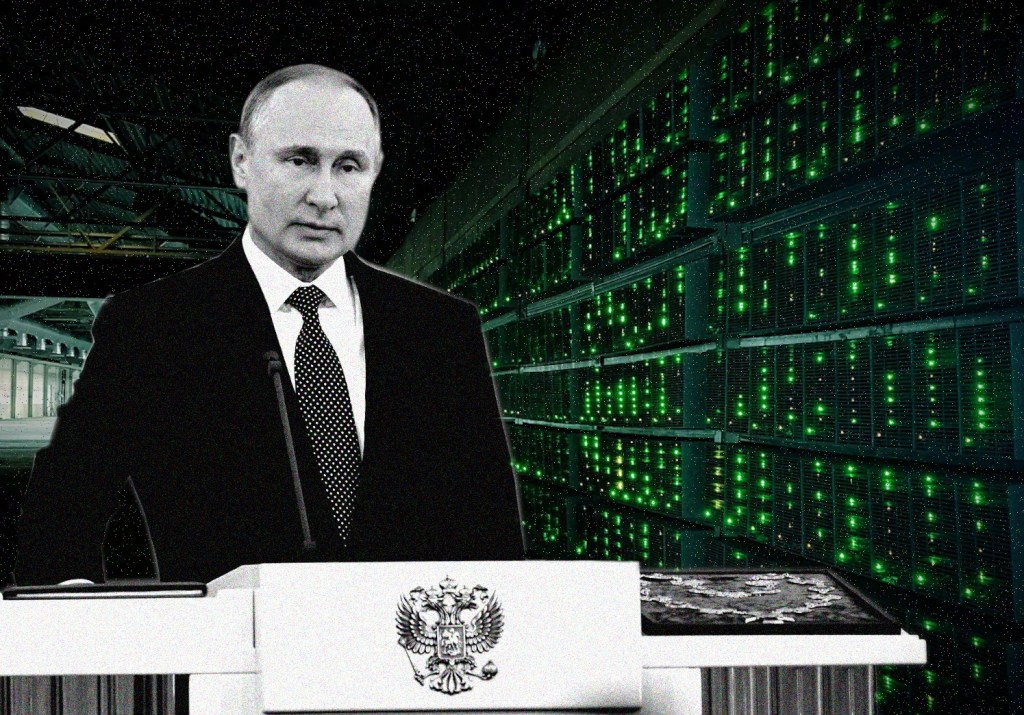
BY THOMAS HADER – “Russia has now adopted a financial infrastructure through its central bank to support cryptocurrency to withstand US sanctions,” argues Captain Thomas Hader of the US Marine Corps Reserve. “If Russia invades Ukraine and sanctions are enacted, Russia will be poised to sustain itself economically.”
-
Soviet Collapse, Chechen Wars, Ethnic Relations. A Discussion With Alexander Verkhovsky
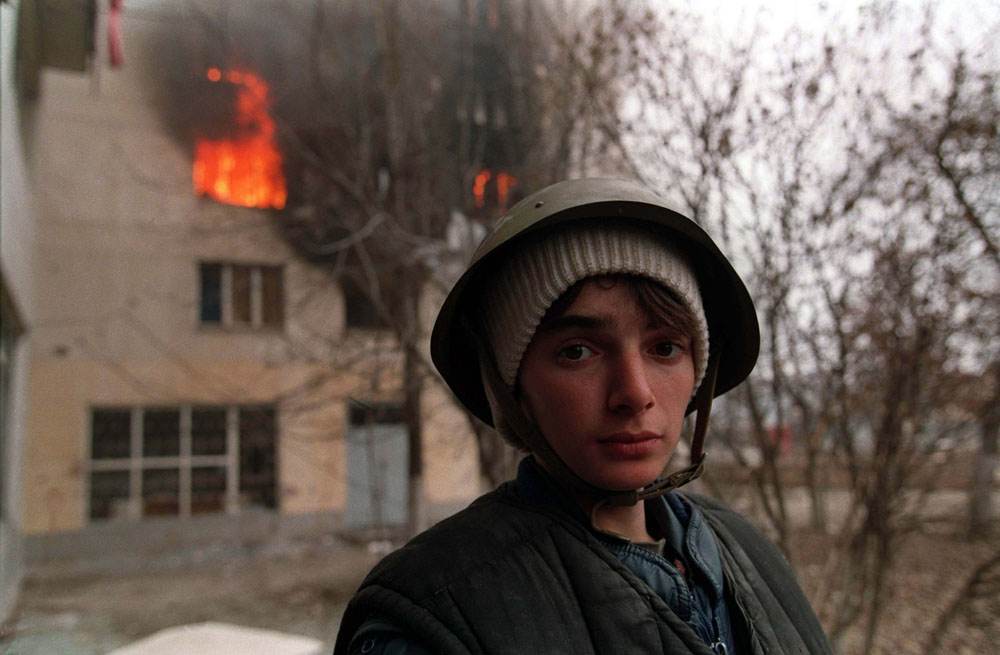
BY CYRIL BABEEV – Cyril Babeev interviews SOVA Center director Alexander Verkhovsky on ethnic relations after the Soviet Union’s collapse, and the two Chechen Wars that were closely linked to questions of national identity in the early days of the Russian Federation.
-
Xi Faces Mounting Problems as CCP Issues His Strongest Mandate Yet
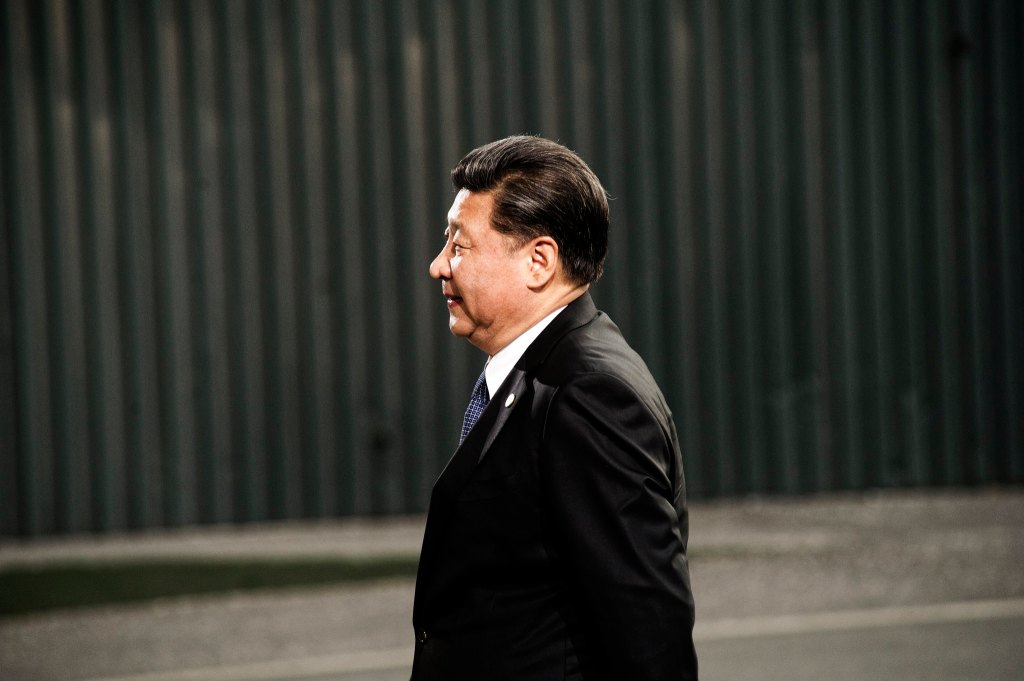
BY VICTORIA JONES & CAROLINE SUTTON – China’s human rights record has led Western countries to boycott the 2022 Beijing Olympics. As China alienates those abroad, the CCP signals with a “historical resolution” that there will be no change in leadership.
-
How Chile’s Past Has Marred Its Political Present
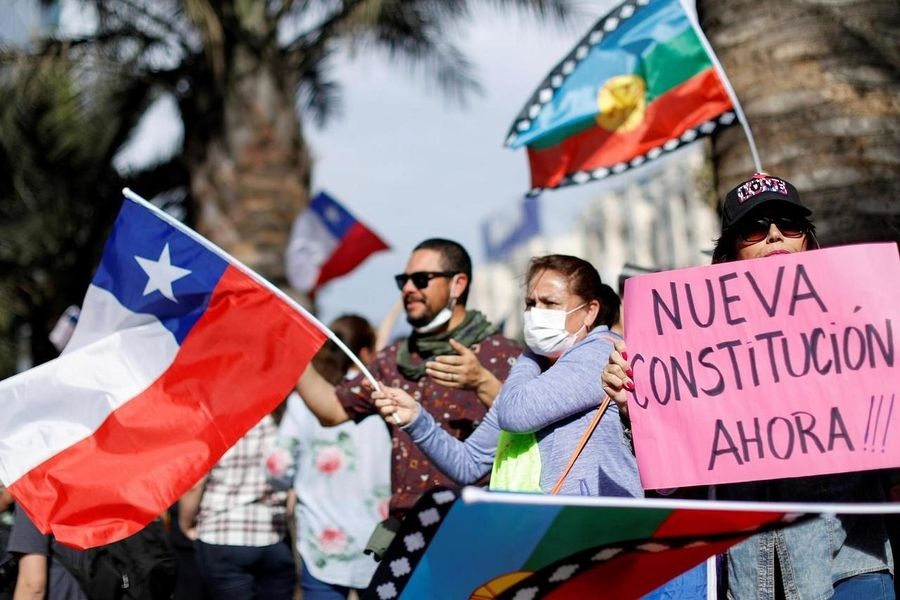
BY FERNANDA ALVAREZ PIÑEIRO – Today, Chileans are casting votes for their new president. This election has shown that Chile, viewed as a beacon of stability in a continent otherwise plagued by fragile institutions, is not immune to political extremism.
-
“Here to Stay:” How the UK Failed Its Eastern Europeans
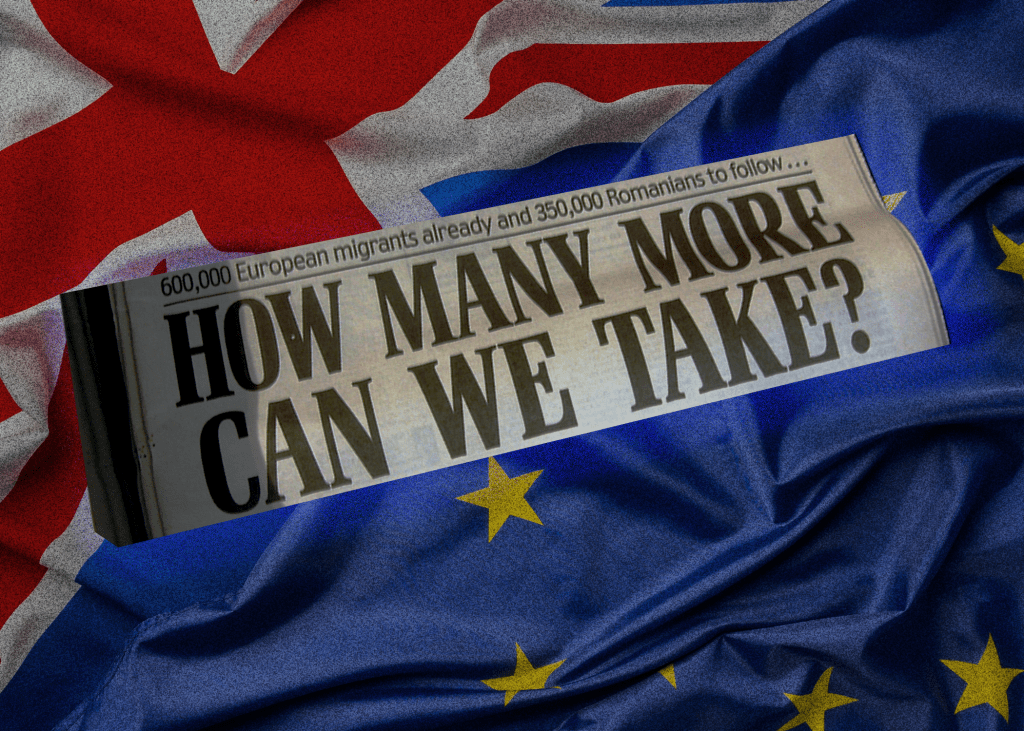
BY YVA ALEXANDROVA – In her newest book, Yva Alexandrova illuminates the perspective of Eastern European migrants in the UK. Using data and personal stories, she makes the case for freedom of movement and shows how Eastern Europeans have been let down by both the Left and the Right.
-
A History of the Saudi-Sino Relationship and Its Future Aspirations
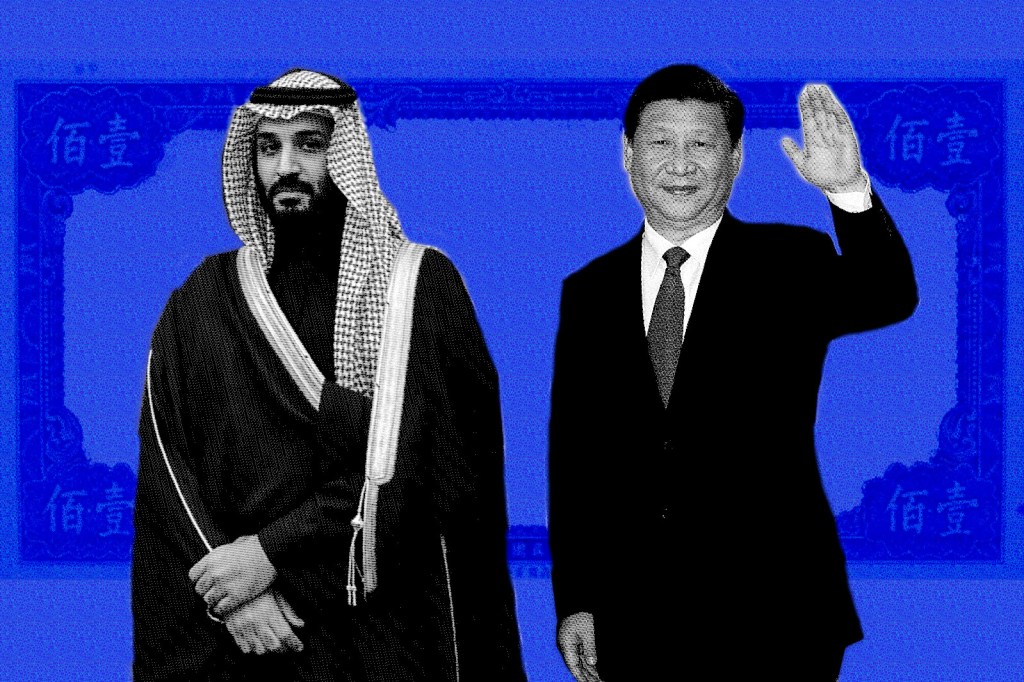
BY ADNAN NASSER – China and Saudi Arabia have worked diligently to look beyond their bitter history defined by Cold War politics. As the global balance of power continues to shift, this relationship is one to watch.
-
The Intergenerational Trauma of Canada’s Residential Schools
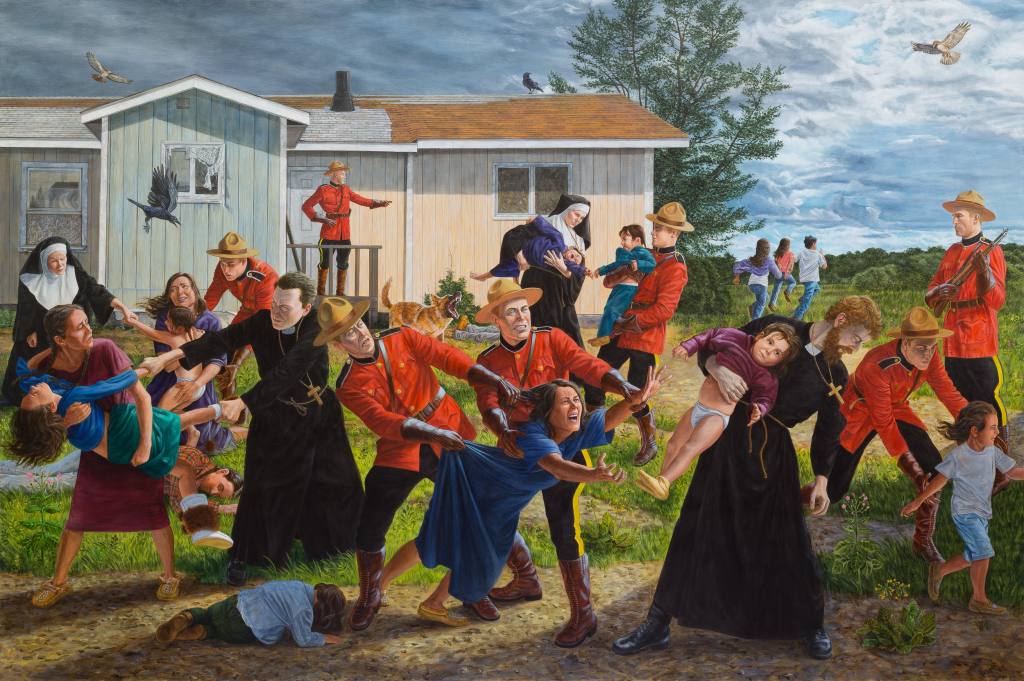
BY SCOTT WAGNER – What is the history behind the residential school system, and how does Canada confront the trauma inflicted upon First Nations communities today? Scott Wagner interviews Brad Marsden, an intergenerational survivor of the schools, to find out.
-
Zalmay Khalilzad’s Troubled History With Afghanistan
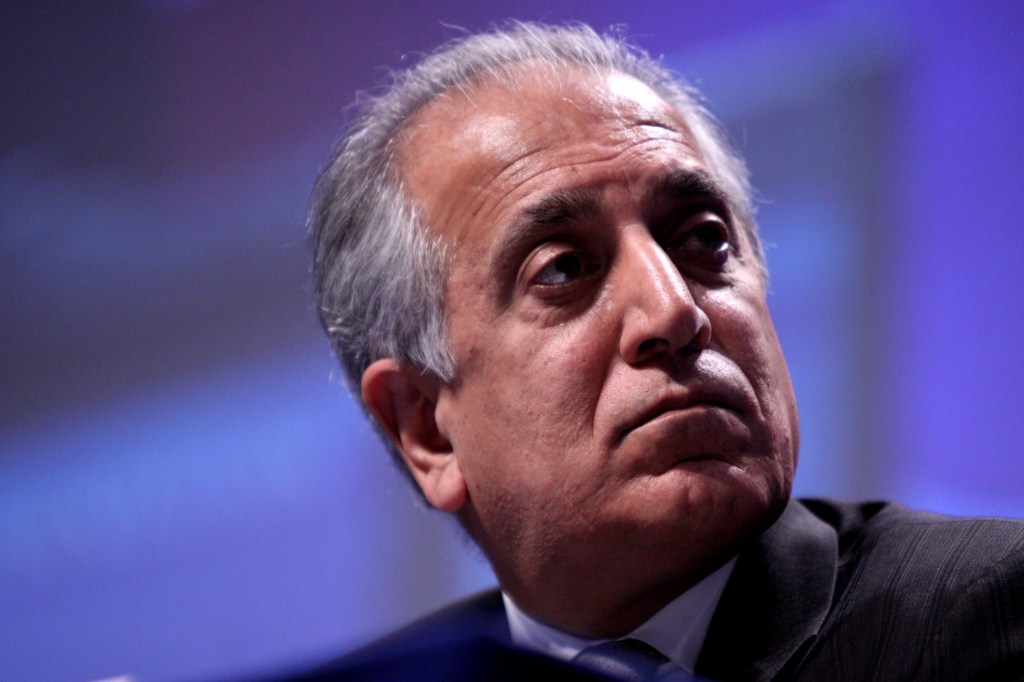
BY SAJJAN M. GOHEL & VICTORIA JONES – In light of Zalmay Khalilzad’s recent resignation as US Special Envoy to Afghanistan, Sajjan M. Gohel and Victoria Jones trace his problematic role in American diplomacy across decades.
-
Existential Crises and Mass Movements
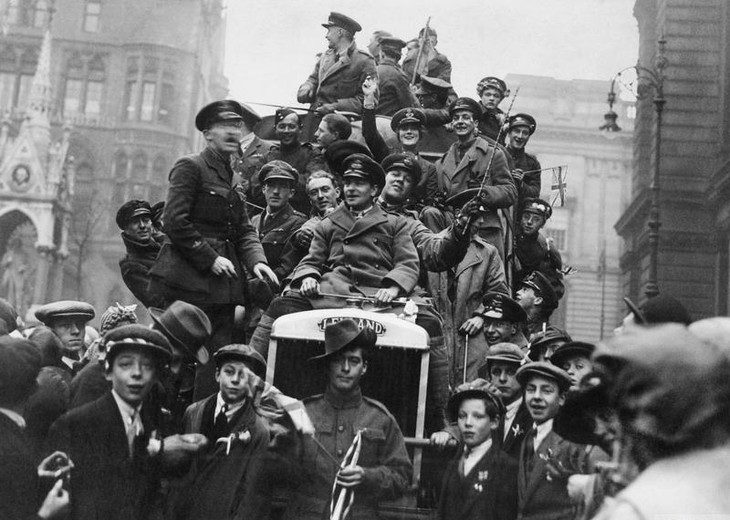
BY CORMAC KELLY – A pandemic sweeping the globe, liberal democracies facing threats from rising authoritarianism—there are many parallels between the Interwar period and today. But with the added specter of climate change, activists must redouble the interwar generation’s efforts to fight against existential crisis.
-
How Brazil’s Xokleng Case Impacts the Future of Climate Responsibility
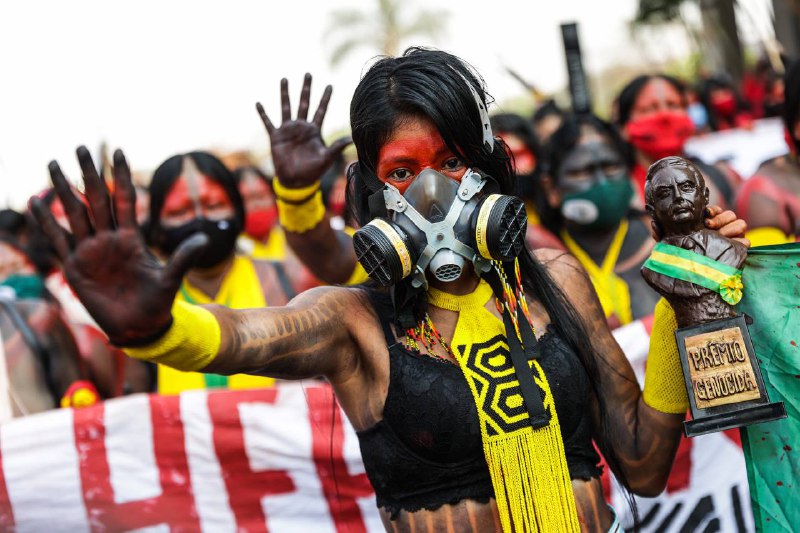
BY EMILY GREGG – As the Xokleng land dispute continues in Brazil, Emily Gregg explains why the legal case has ramifications far beyond the Amazon.
-
Lebanon and China: Electrifying Solutions to Beirut’s Traffic
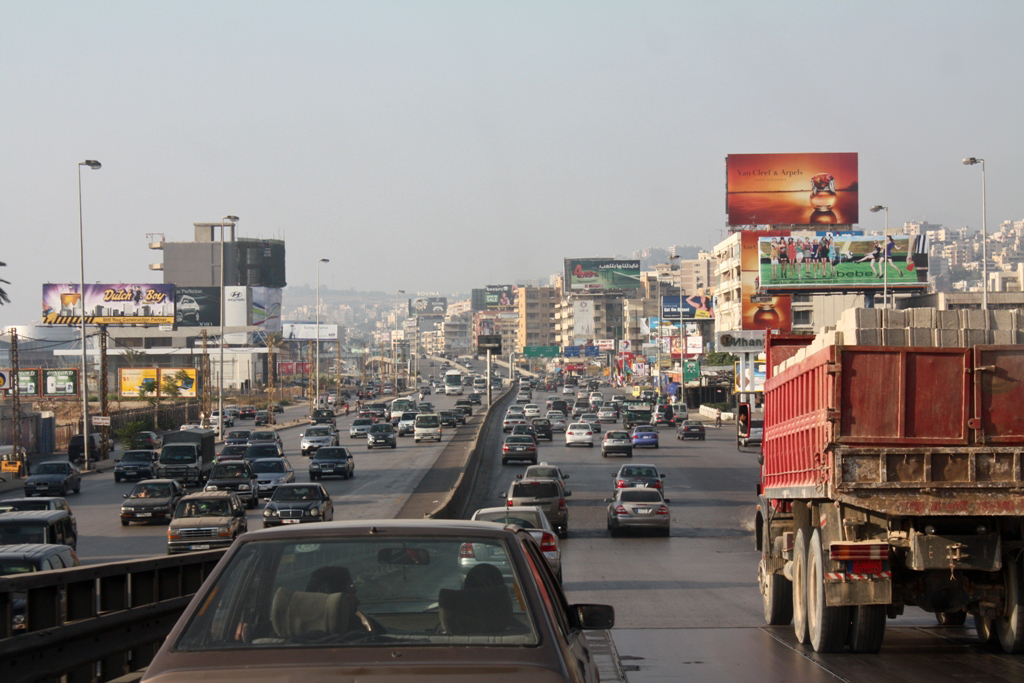
BY ADNAN NASSER – “The Lebanese are all too familiar with pledges that fail to manifest; if this new government wants to prove itself to the people, it should begin by resolving the traffic crisis in Beirut.”
-
Algeria Ceases Relations With Morocco—How Can They Be Repaired?
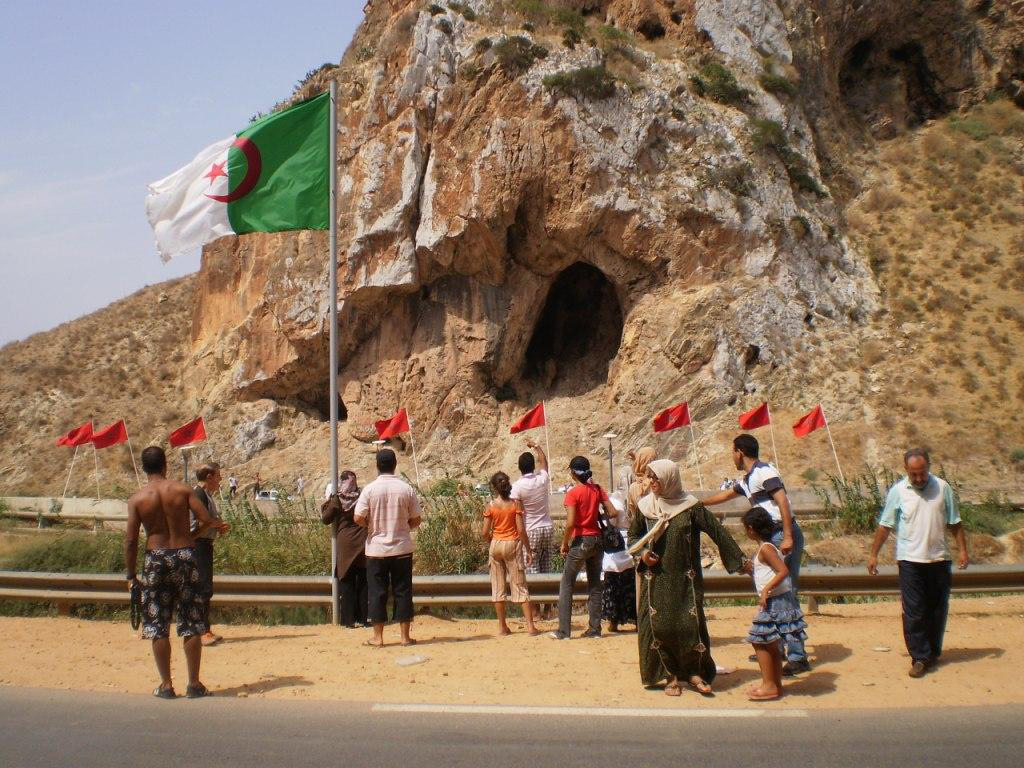
BY ADNAN NASSER – The historic grievances between Morocco and Algeria remain unaddressed, leaving dangerous options on the table, Adnan Nasser argues.
-
“Nobody Knew We Existed:” LGBTQ Voices From Afghanistan
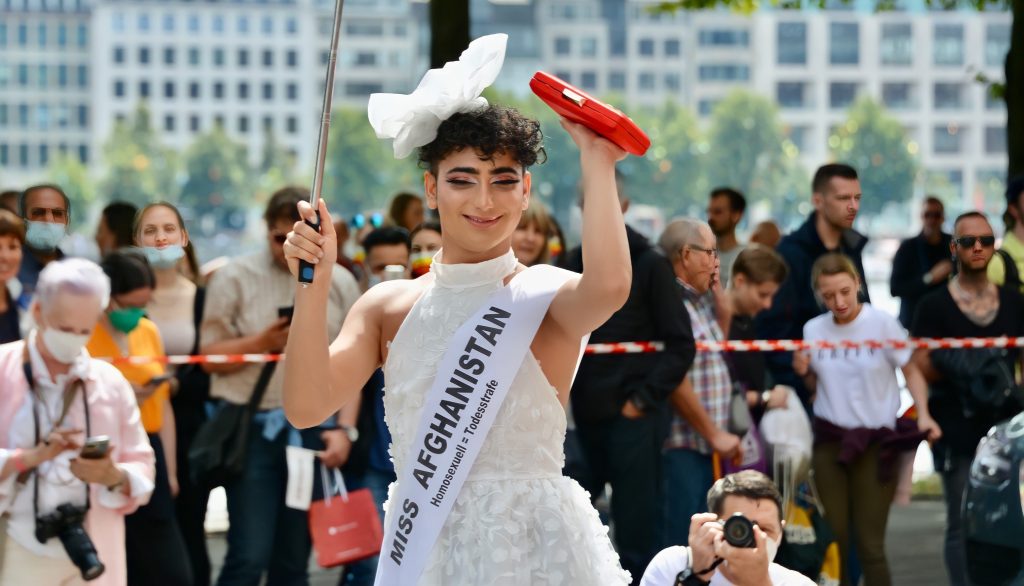
BY VICTORIA JONES – The Afghan LGBTQ community has always faced hardship, but the return of Taliban rule has put their lives in even greater immediate danger. Victoria Jones speaks with activists Najib Faizi and Artemis Akbary about the path that LGBTQ Afghans are charting for themselves in this latest reality.
-
When Do Americans Give Up?
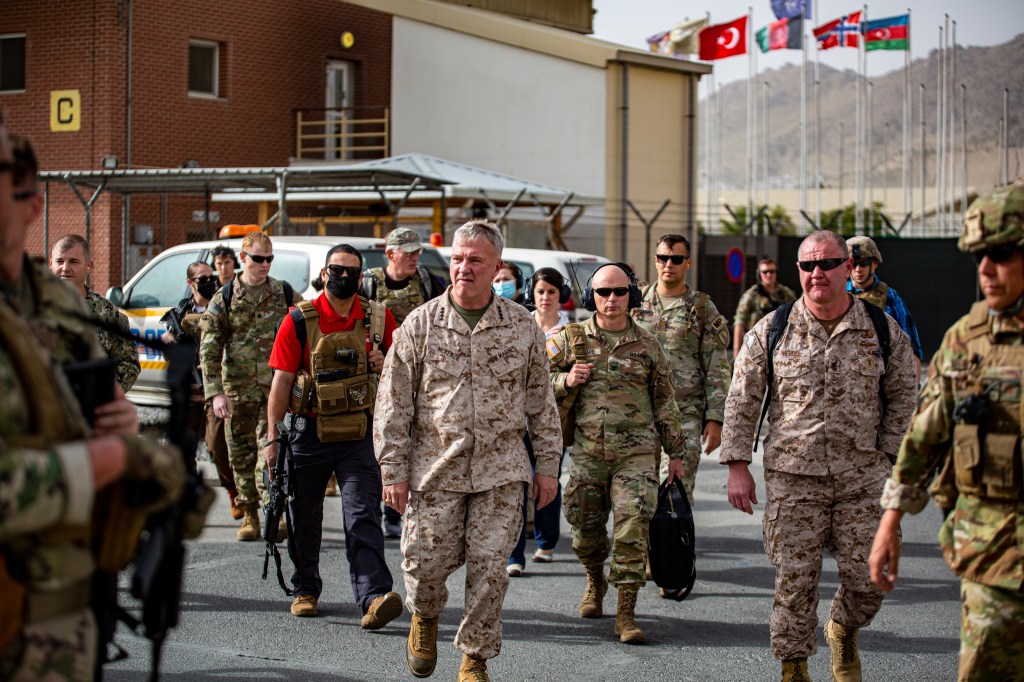
BY CAROLINE SUTTON – America’s haphazard withdrawal from Afghanistan has allies questioning whether the US will honor its defense commitments. Caroline Sutton explains what this means for Taiwan and the threat of war with China.
-
Renewable Energy in Lebanon Will Save Lives
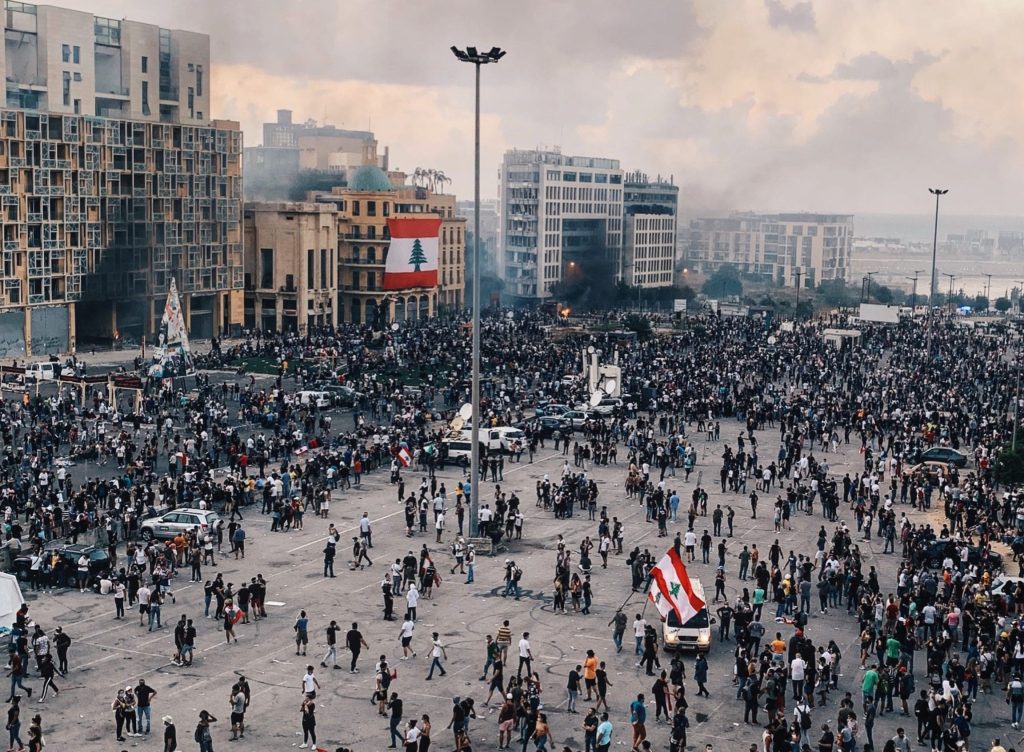
BY ADNAN NASSER – “People should not be deprived of necessities because of the moral bankruptcy of their leaders.” Adnan Nasser outlines the urgency of Lebanon’s energy crisis—and how to solve it.
-
America Is Going the Same Way as the Soviets in Afghanistan
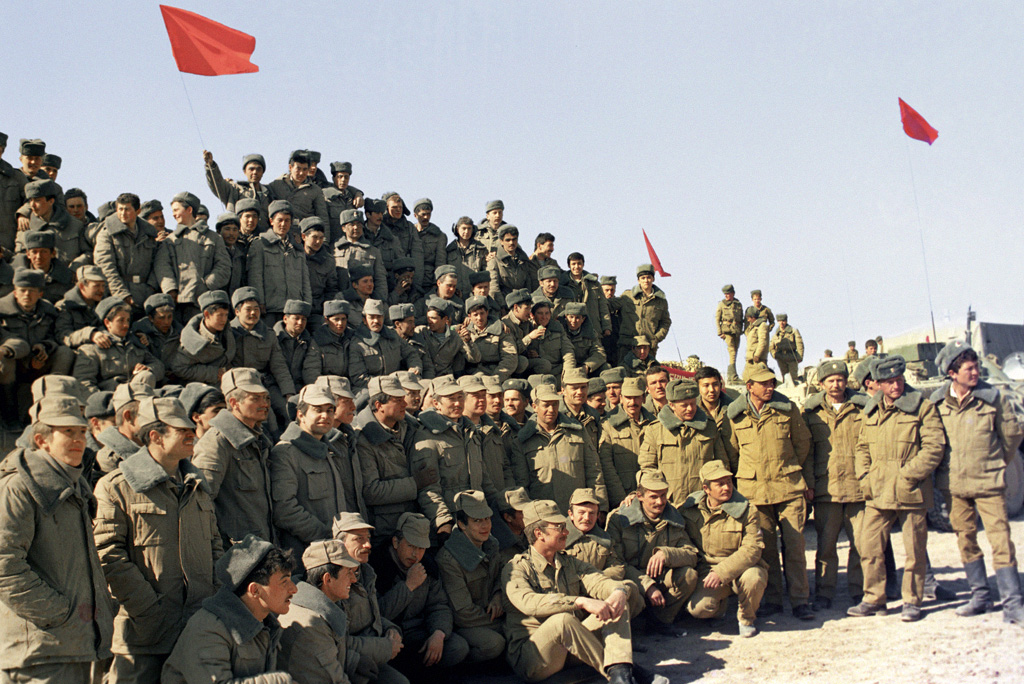
BY SAJJAN M. GOHEL & VICTORIA JONES – The Soviet withdrawal was a disaster. The U.S. version looks eerily similar.
-
The 1968 East LA Walkouts and the Sorry State of US Education
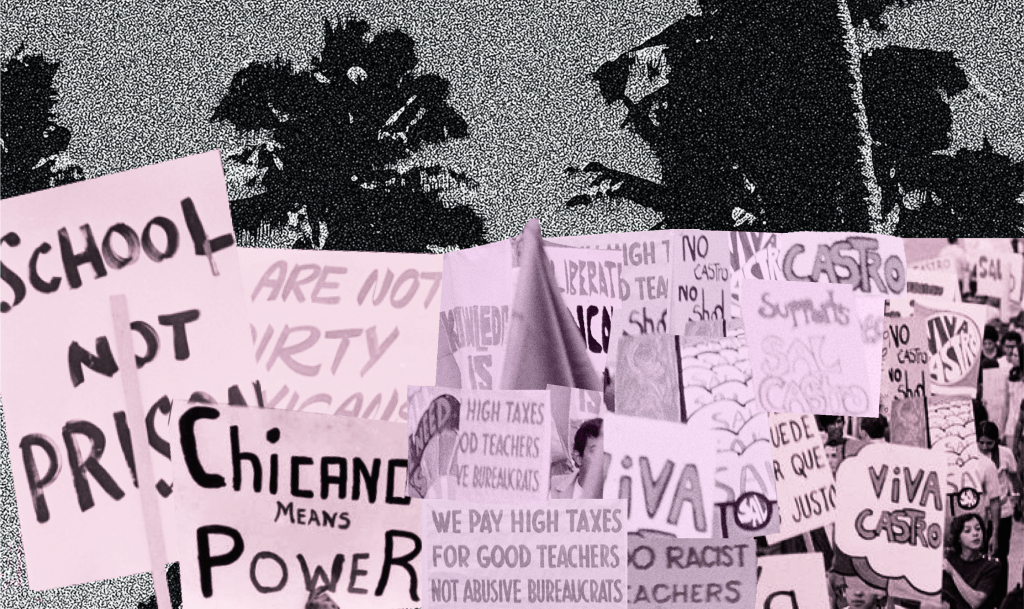
BY CAMILLE CHRISTENSON – As American students return to school this month, they face new challenges of pandemic learning, on top of already-present inequalities. The 1968 East LA walkouts are a reminder of what can happen when enraged high school students decide to take action.
-
The Thrill of Victory, the Agony of Disrepair
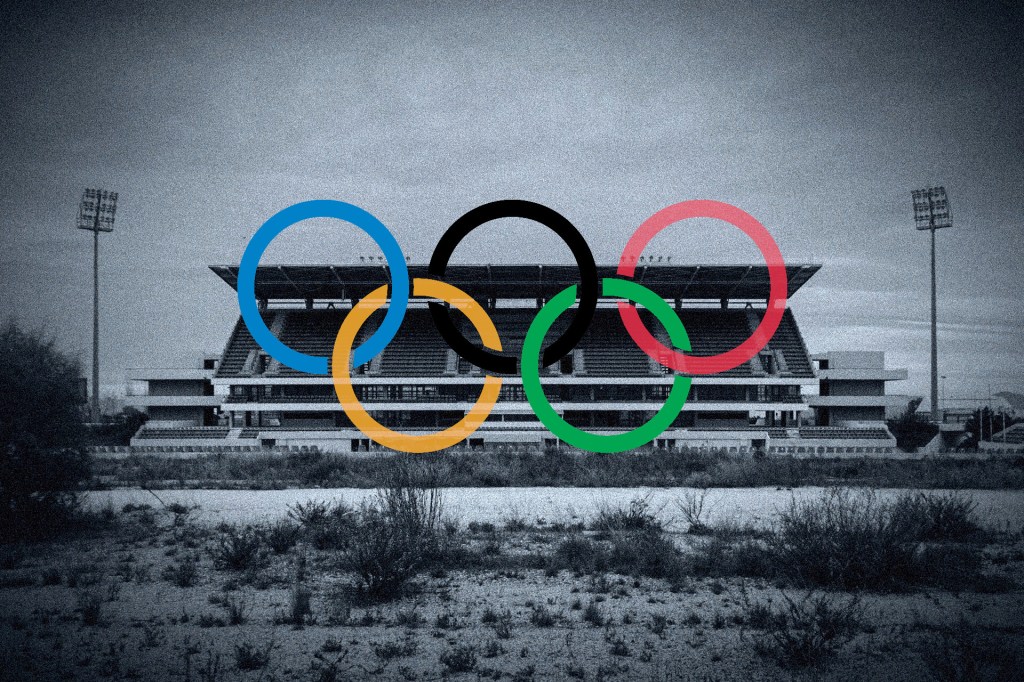
BY SCOTT WAGNER – “The Pandemic Games are over now, the Olympic flame extinguished…all that remains are the memories. And memories don’t keep the lights on.”
-
Texas, Enron, and Energy Monopolies
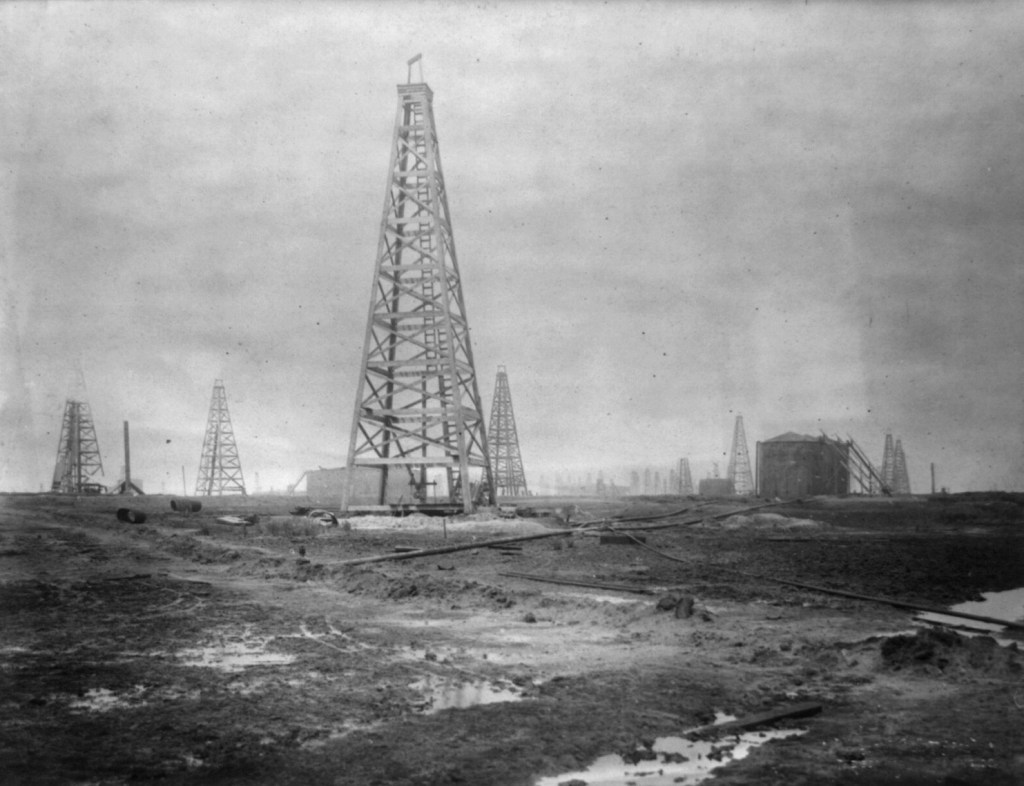
The deregulated energy infrastructure in Texas is the product of corporate interests and free-market principles gone haywire. The system is wholly incapable of dealing with extreme weather events exacerbated by climate change.
-
“Paint Your Town Red:” An Interview With Councillor Matthew Brown
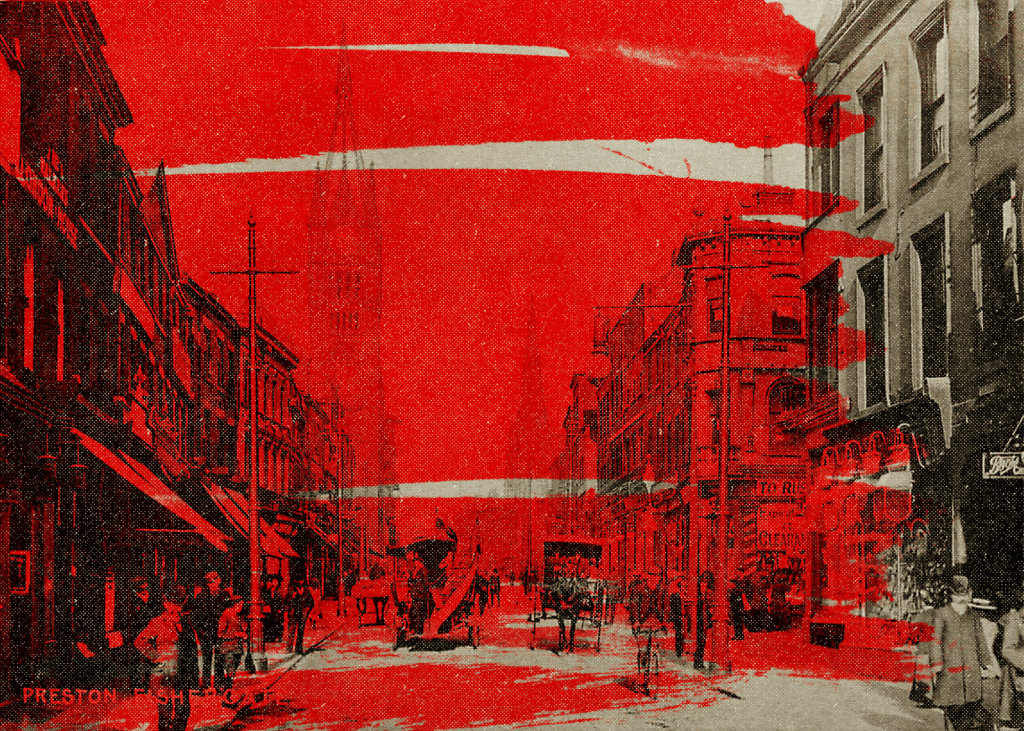
BY MELANIA PARZONKA – How did Preston, an impoverished city in Northern England, transform into one of the best places to live in the country? We talk to Councillor Matthew Brown, a proponent of community wealth building and the figure behind the “Preston model,” about his newly published book “Paint Your Town Red.”
-
Gay is Good for Business: LGBTQ Rights and the Economic Development of America’s Cities and Suburbs
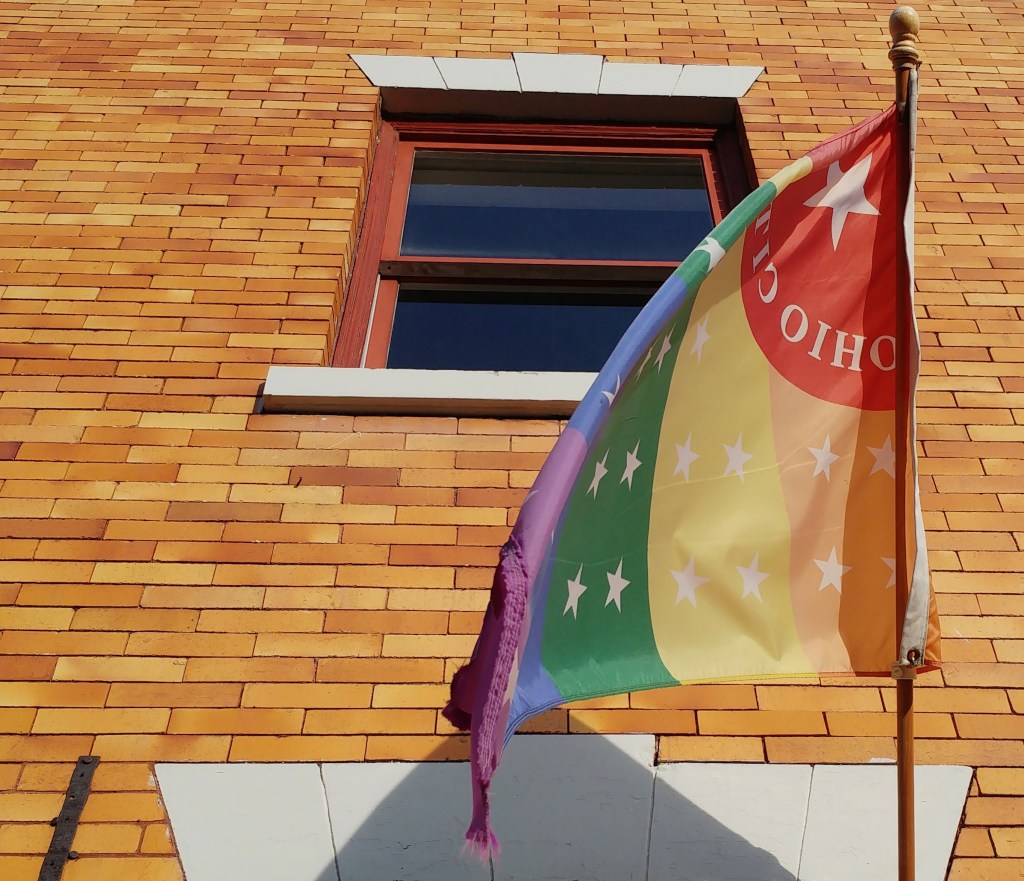
The movement for LGBTQ rights began in cities—but in recent years, it has also moved to the suburbs, creating some strange political bedfellows in the process. Clayton Howard focuses on developments in Ohio to show how, historically, some urban planners saw the “creative classes” and gay friendly districts as engines of economic growth, leaving LGBTQ…
-
Lebanon’s Finest or Final Hour?
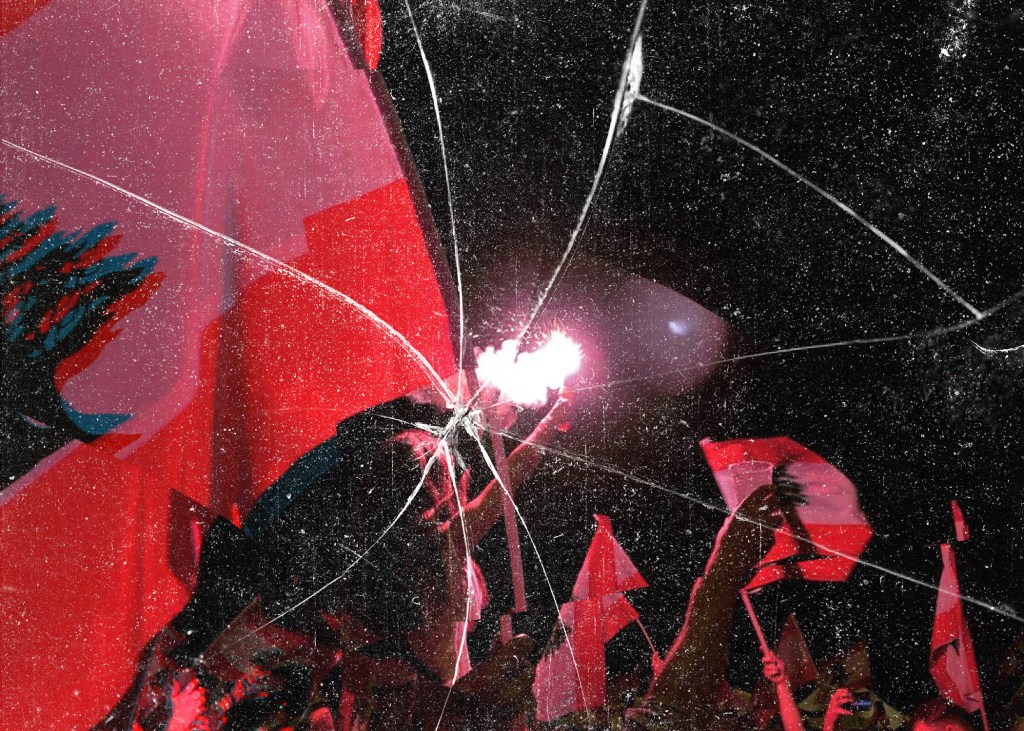
BY ADNAN NASSER – Lebanon is currently facing historic economic catastrophe and hurtling towards civil unrest. Adnan Nasser examines what led to this point—and what it means for the future of the Lebanese people.
-
AMLO’s Mexican Dream Hangs on a Knife-Edge
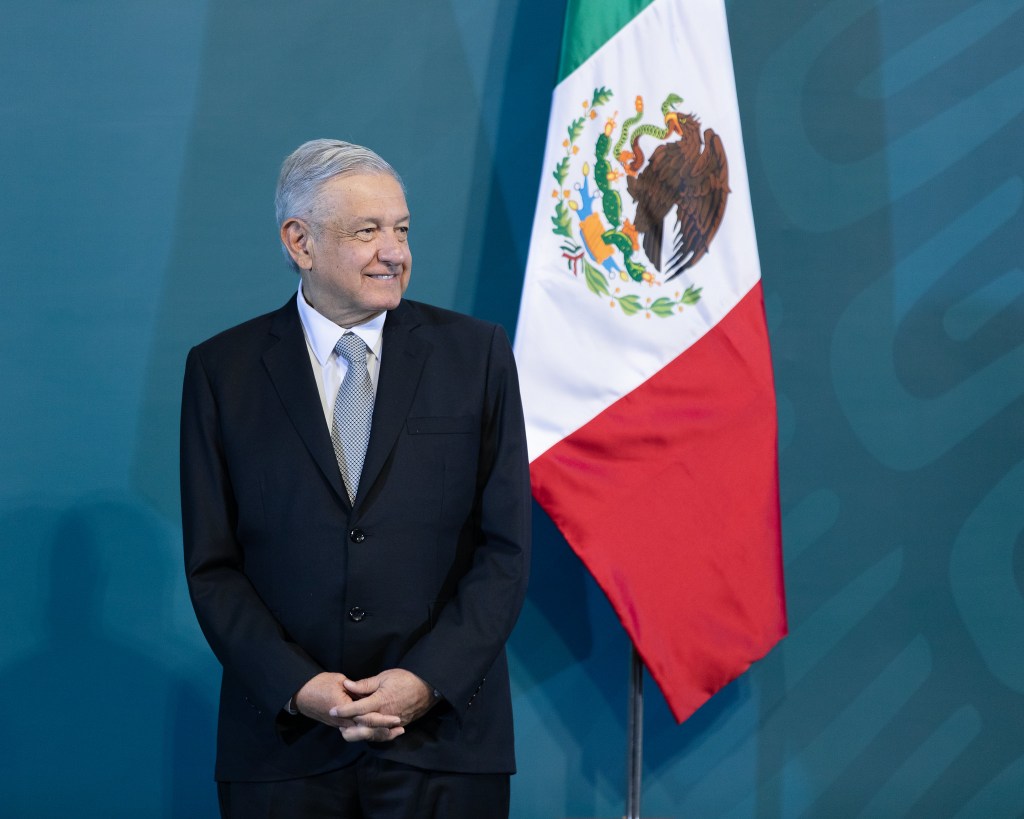
BY ALMA G. MEZA – Mexico’s president Andrés Manuel López Obrador casts himself as the man to save the country—but his movement suffered a setback in last Sunday’s elections. Alma G. Meza analyzes AMLO’s rise in Mexican politics over the last 30 years.
-
Facebook and Stories About Power

BY CAROLINE SUTTON – Facebook has banned Trump—again—for the next two years. The tech giant walks a fine line between retaining control of its business and maintaining its image.
-
The Problem With Evocative Reporting: Why We Need Historical Journalism More Than Ever
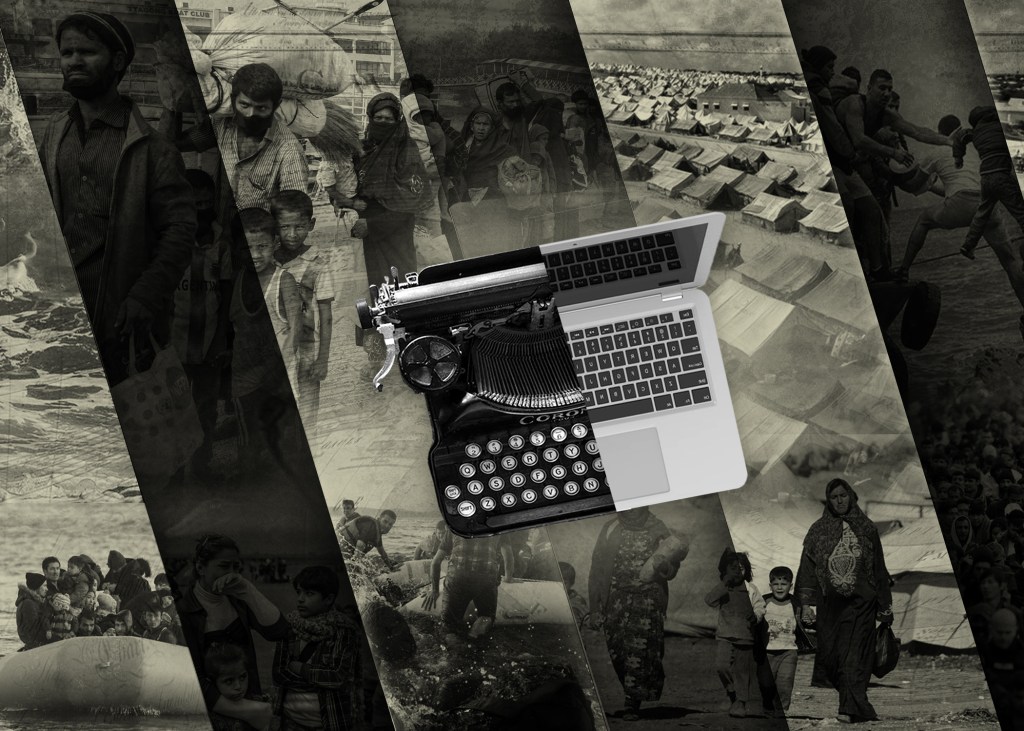
BY ASHLEIGH BUGG – “For the historical journalist, it’s not enough to merely report that a bomb took out a government building. We want to know who made the bomb, who’s buying and selling it, who bombed that building 20 years ago, who was operating in that country 100 years ago…the list goes on.”
-
History, Memory, and the Art of Protest in Belarus
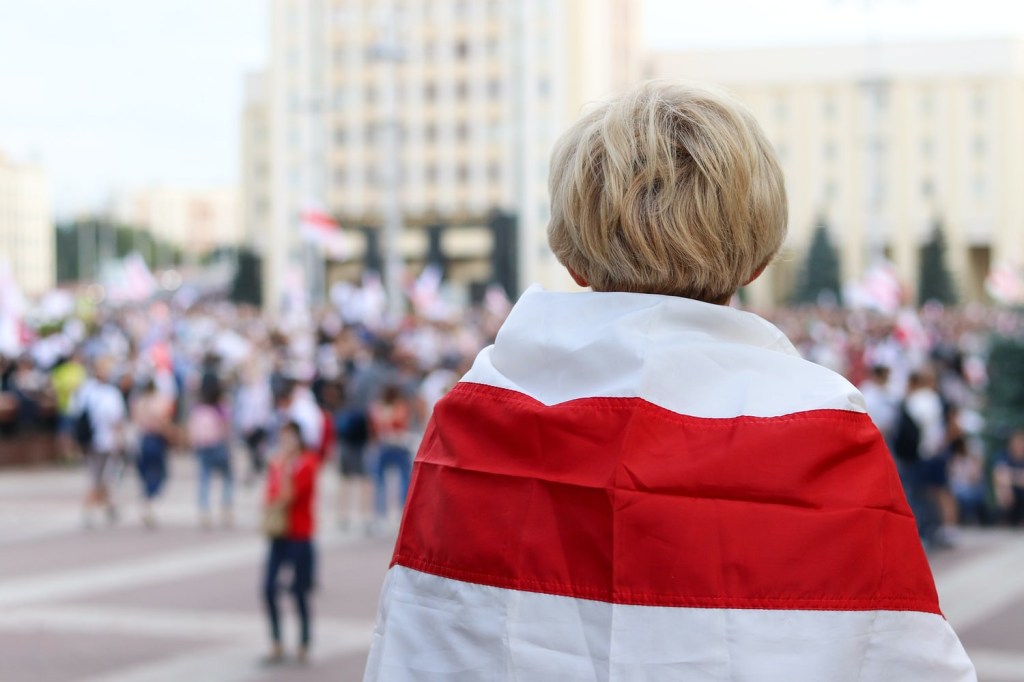
Last week, the shocking arrest of dissident journalist Roman Protasevich threw Belarus, often called “Europe’s last dictatorship,” into the global spotlight once again. It’s the latest episode in a long struggle led by demonstrators, online activists, and artists against the regime.
-
Orbán & Co. – A Beginner’s Guide to Dismantling Democracy Through Media

BY SZYMON BUTRYN – “Perhaps, upon opening this text, you may have hoped for a detailed explanation of the independent media struggle itself. What you have read instead is a beginner’s guide for dismantling newly established democracies.” Read our newest article about the crackdown on national and private media in Hungary and Poland.
-
Hebron: A Microcosm of Occupied Palestine

BY VICTORIA JONES – The situation in East Jerusalem’s Sheikh Jarrah neighborhood has again brought the world’s attention to the profound structural inequalities between Israeli settlers and Palestinians.
-
“Created by the Poor, Stolen by the Rich:” The Rise and Fall of the European Super League

BY TÁRLACH RUSSELL – The Super League fell apart in 48 hours due to pressure from UEFA, FIFA, and supporters’ clubs. The blatant money grab is a further move away from football’s working-class origins.
-
Britain Cuts Aid to Yemen—But Keeps Funding Saudi Bombs
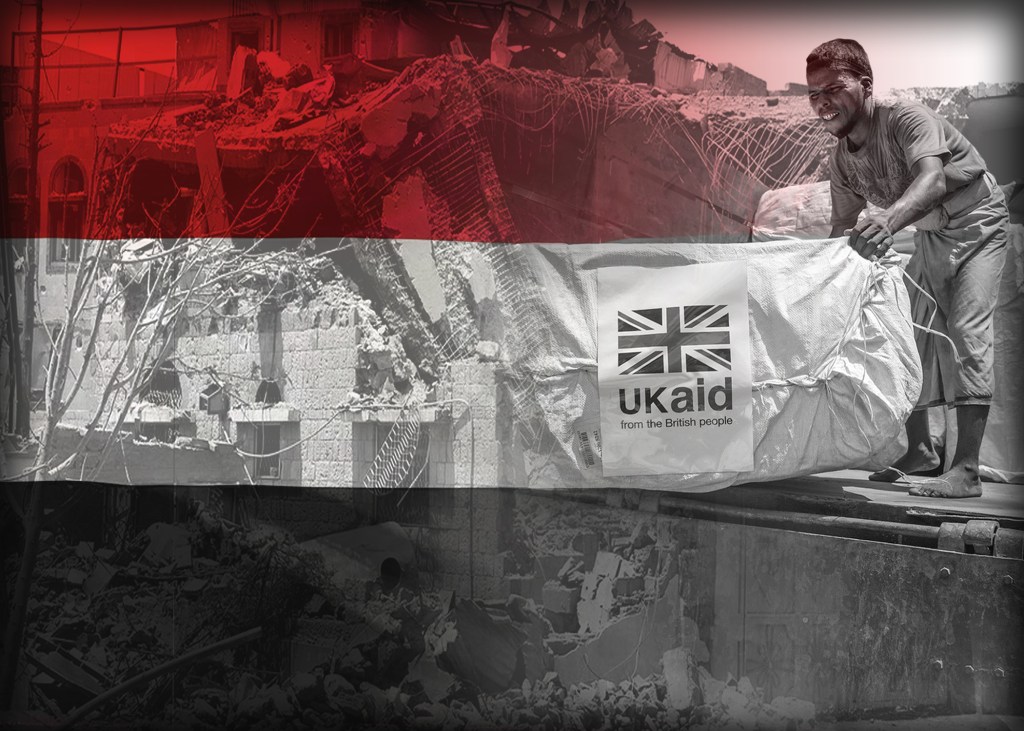
BY ED HARVEY – Rather than cutting military aid to Saudi Arabia for its war in Yemen, Boris Johnson has cut British humanitarian aid to the beleaguered region.
-
Rusted Factories and Broken Promises
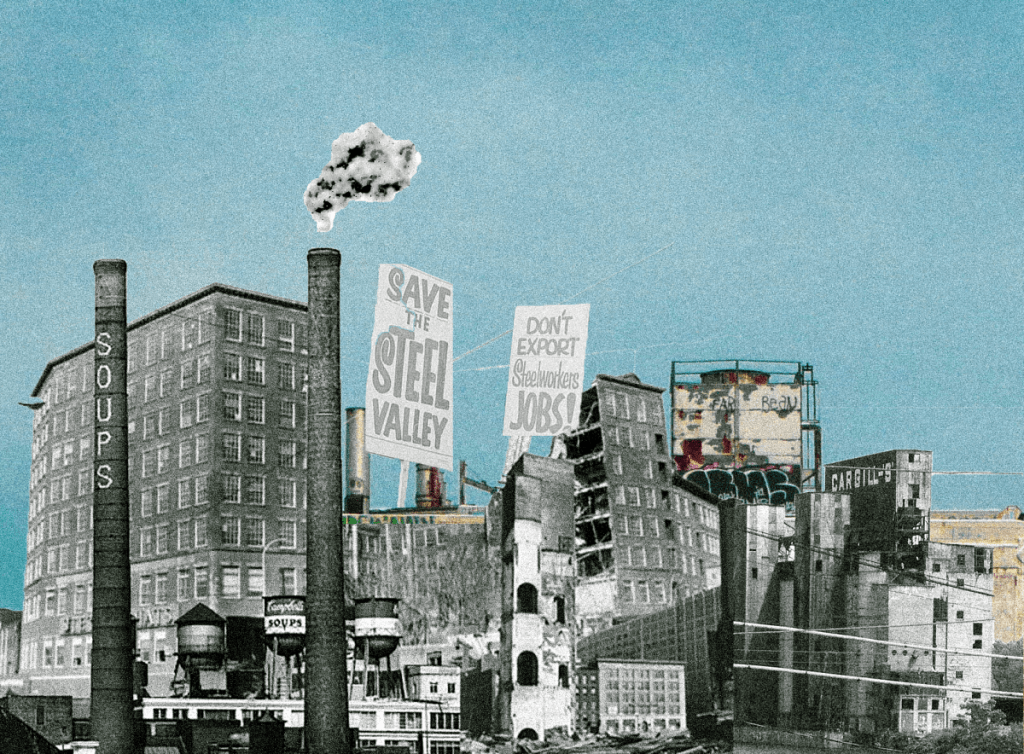
BY CORMAC KELLY – Hillary Clinton ignored the Midwest in 2016. But the Democratic Party had abandoned Rust Belt voters long before that. If they don’t address their failures, they could lose the region for good, argues Cormac Kelly.
-
Oh, the Laws You’ll Filibuster!
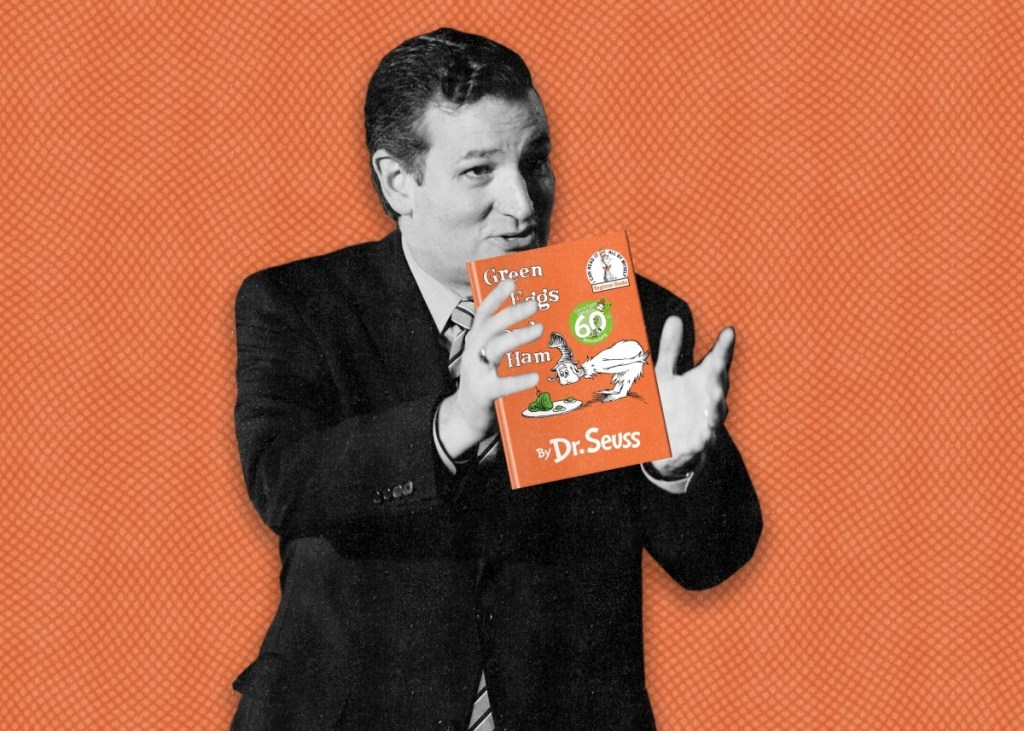
What do Dr. Seuss, Aaron Burr, and Strom Thurmond have in common? They all play a role in the weird and arcane history of the filibuster.
-
Is Trump the Way Forward for the GOP?
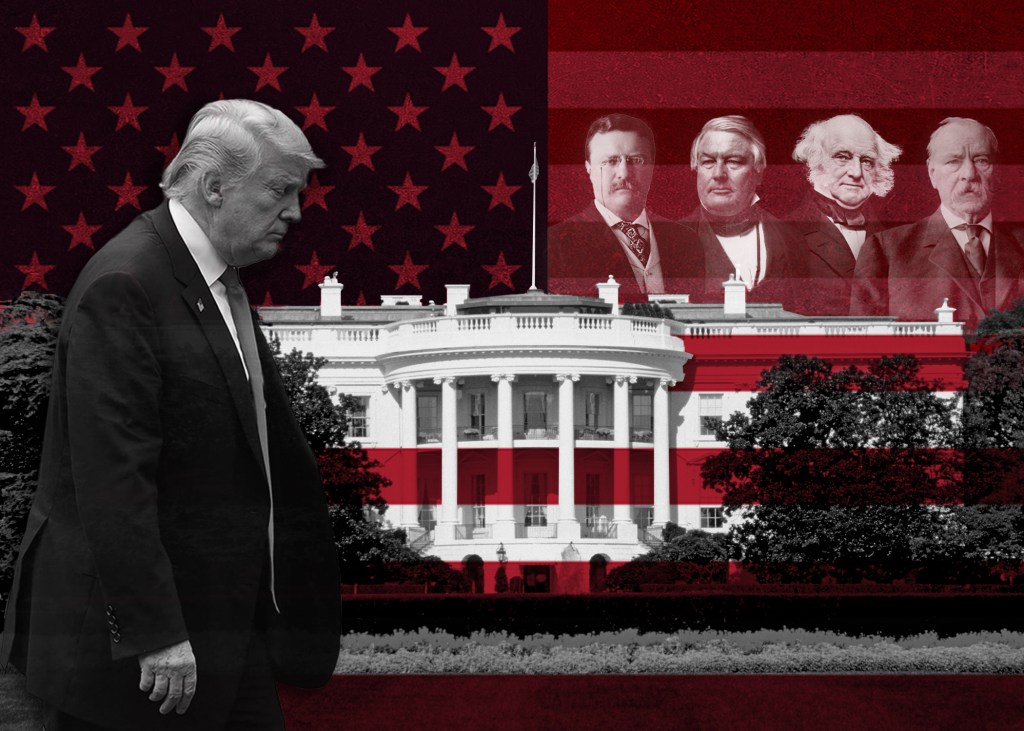
Will Trump attempt a presidential comeback in 2024? History suggests he’ll face a hard road back to the White House.
-
Alaska: The Watershed for Pacific Diplomacy?
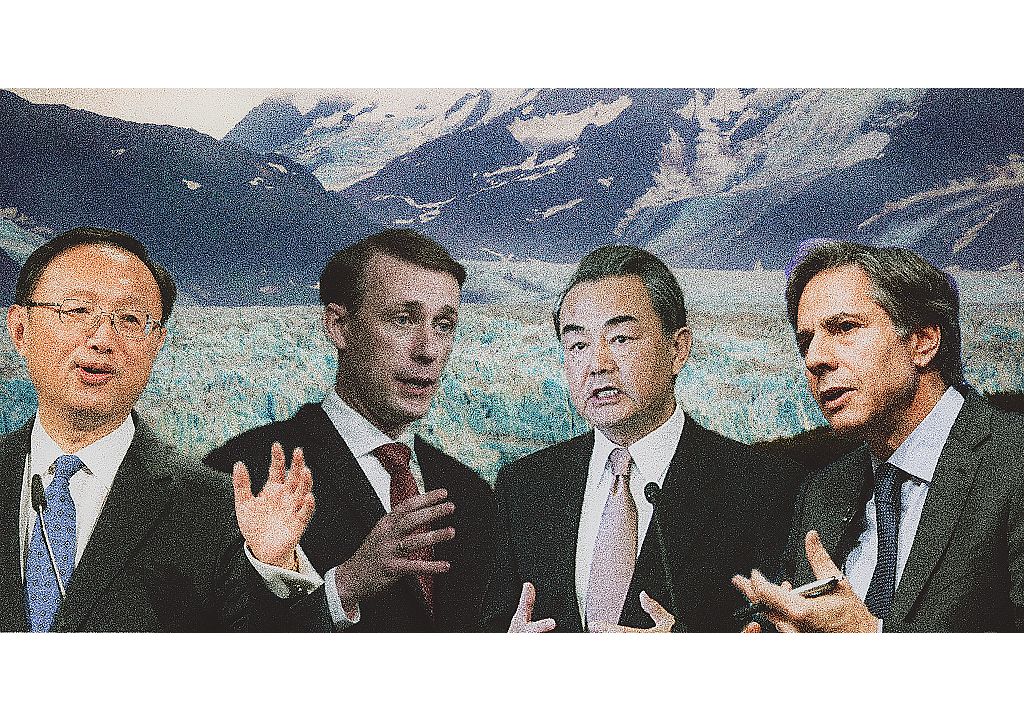
BY DAVID TANG – Face-to-face talks between top American and Chinese diplomats are being held this week in Alaska, of all places. David Tang examines the deeper symbolism behind the location, 80 years after a failed attempt to avert war between the US and Japan.
-
Was the Soviet Union Racist? A Discussion With Alexander Verkhovsky
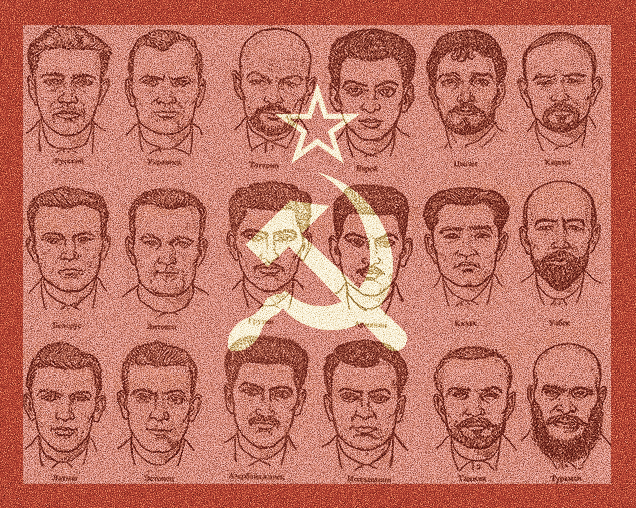
Was the Soviet Union racist? We ask Alexander Verkhovsky, a member of Russia’s Presidential Council for Civil Society and Human Rights, whose organization “SOVA” is registered as conducting activity of a foreign agent under Russian law.
-
A Nazi Chemical Cartel and the “Other” Nuremberg Trials
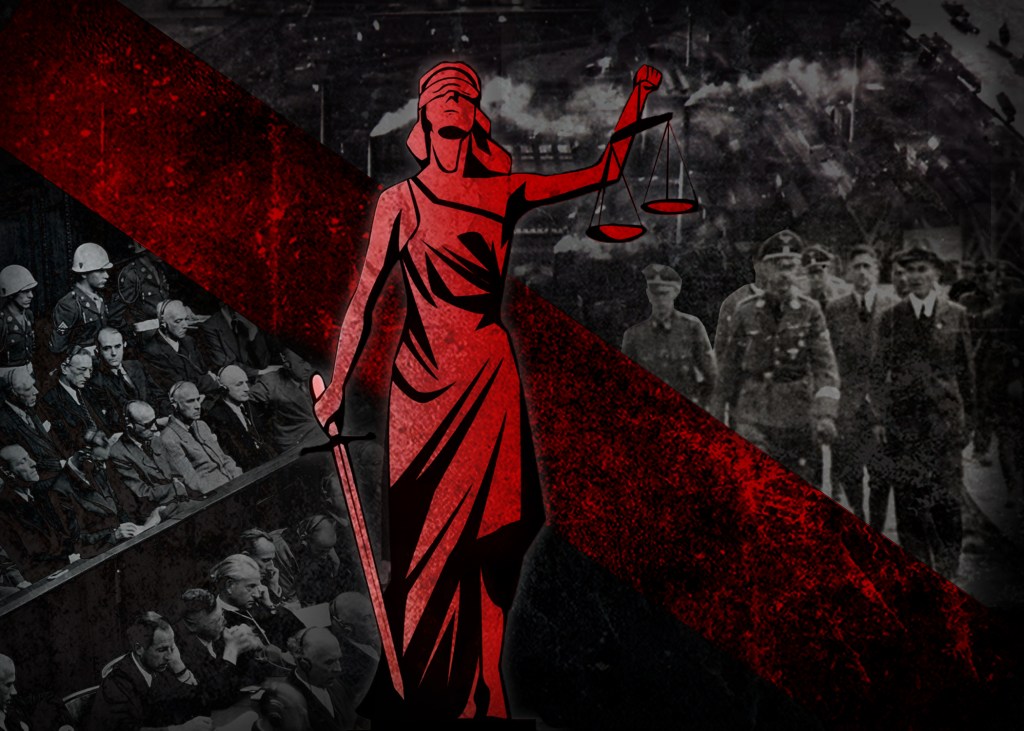
BY MARTHA PAPAPOSTOLOU – The Nuremberg Trials give us a sense of comfort: the victors of the war chose justice over vengeance. But they did not leave us with as blank a slate as one may think. Martha Papapostolou explains.
-
Imagining the Future
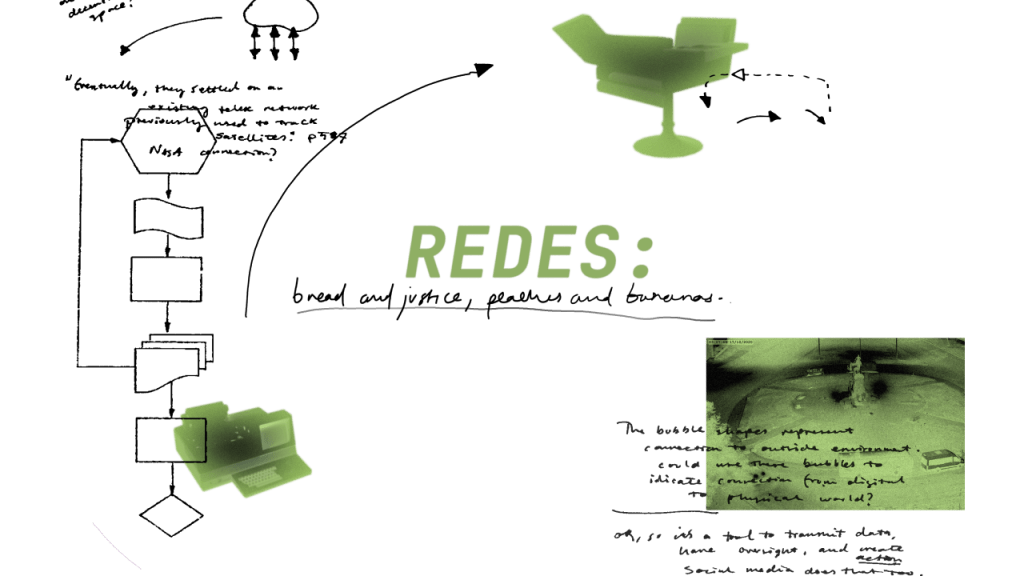
BY MELANIA PARZONKA & SCOTT WAGNER – “Redes,” an interactive visual exhibition, connects the 2019 protests in Chile with the little-known Project Cybersyn, Salvador Allende’s futuristic vision for a socialist Chilean economy.
-
Migrant Voices in a Global Moscow
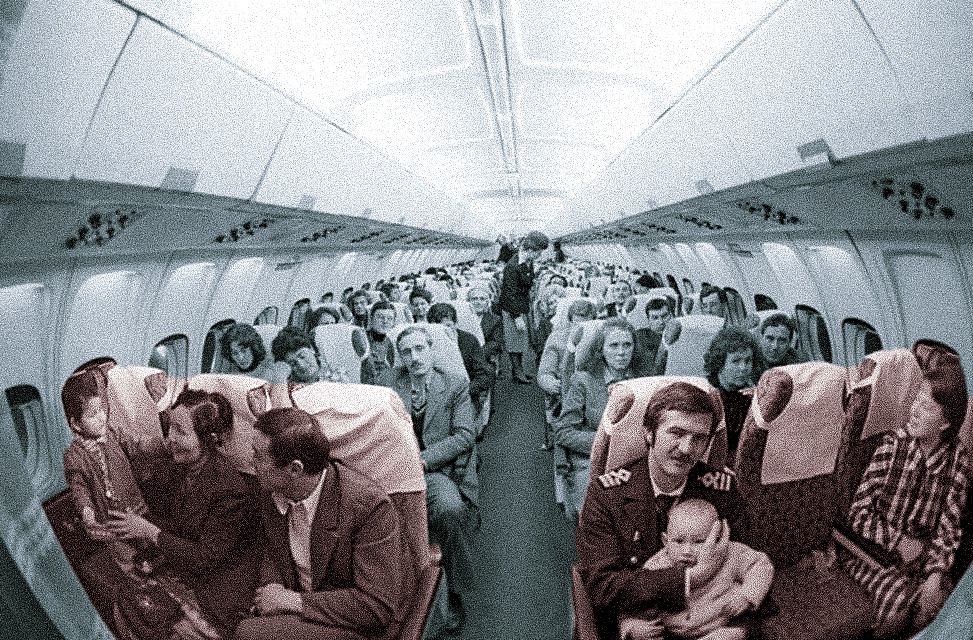
Central Asian migrant labor has fueled Moscow and other major Russian cities since the oil boom of the 2000s—a pattern dating back to the Soviet era. As Jeff Sahadeo demonstrates, Cold War Moscow was more than just “spies and hockey players, ballerinas and babushkas.”
-
What Goes Up Must Come Down: The Story Behind the GameStop Frenzy
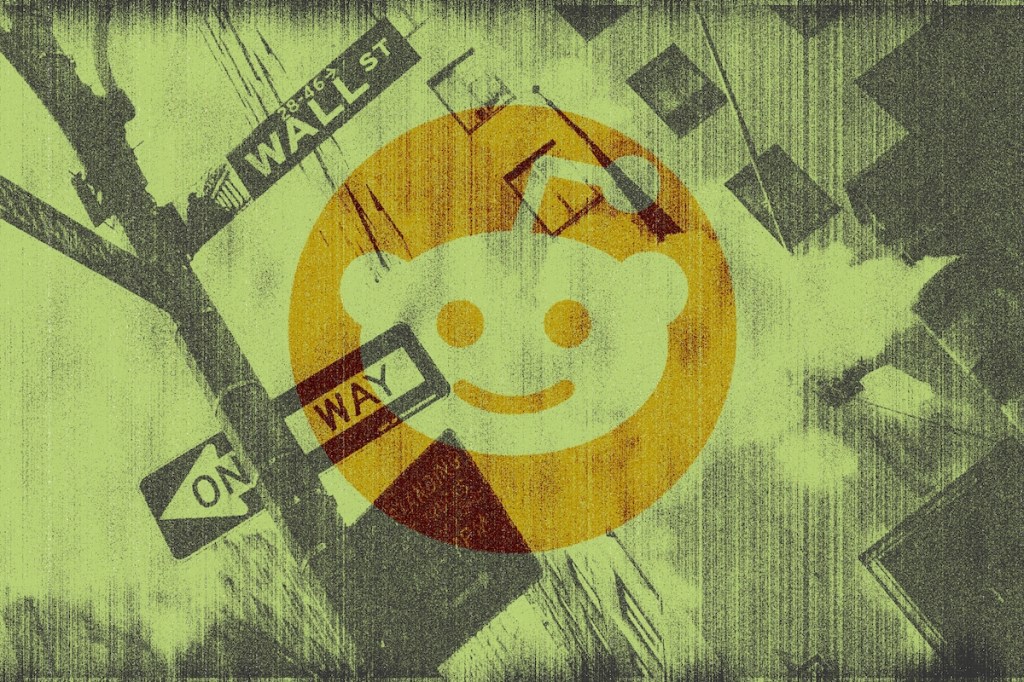
BY JULIUS KOSCHNICK – Did Redditors use GameStop to break the stock market? Not exactly—financial innovations often lead to speculative bubbles. Julius Koschnick explains.
-
A Passage to India?
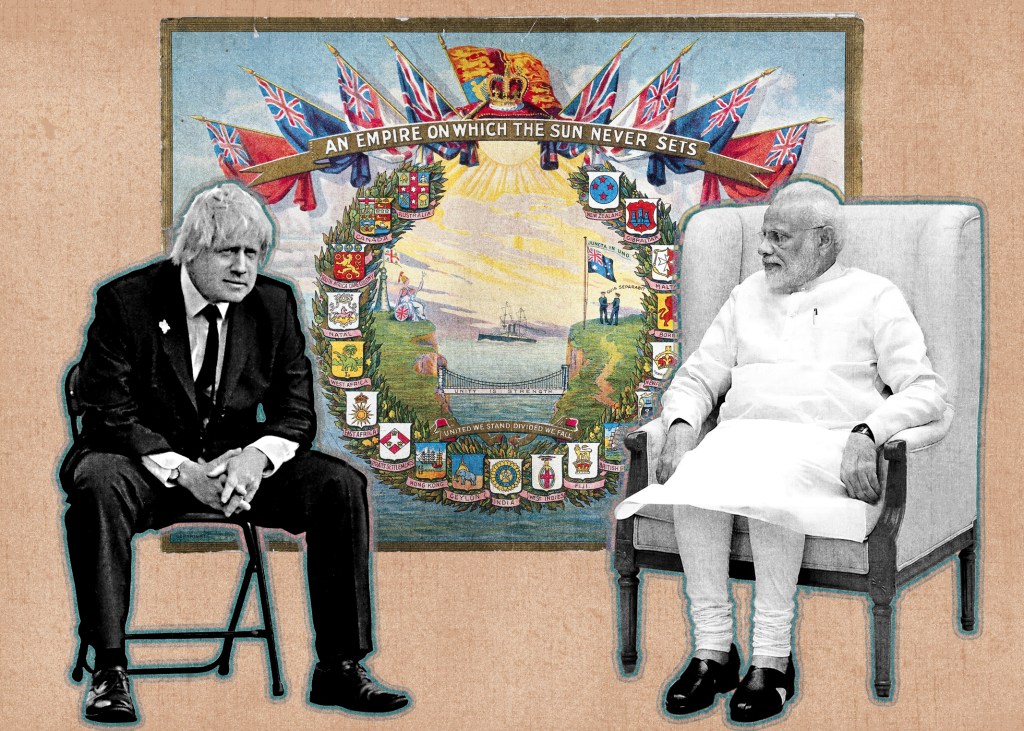
BY ED HARVEY – As post-Brexit Britain reshuffles its foreign policy priorities, Ed Harvey discusses the ultimate obstacle in the UK’s relations with India: its colonial past.
-
What the History of the Roma Can Tell Us About the Dangers of Surveillance Futures
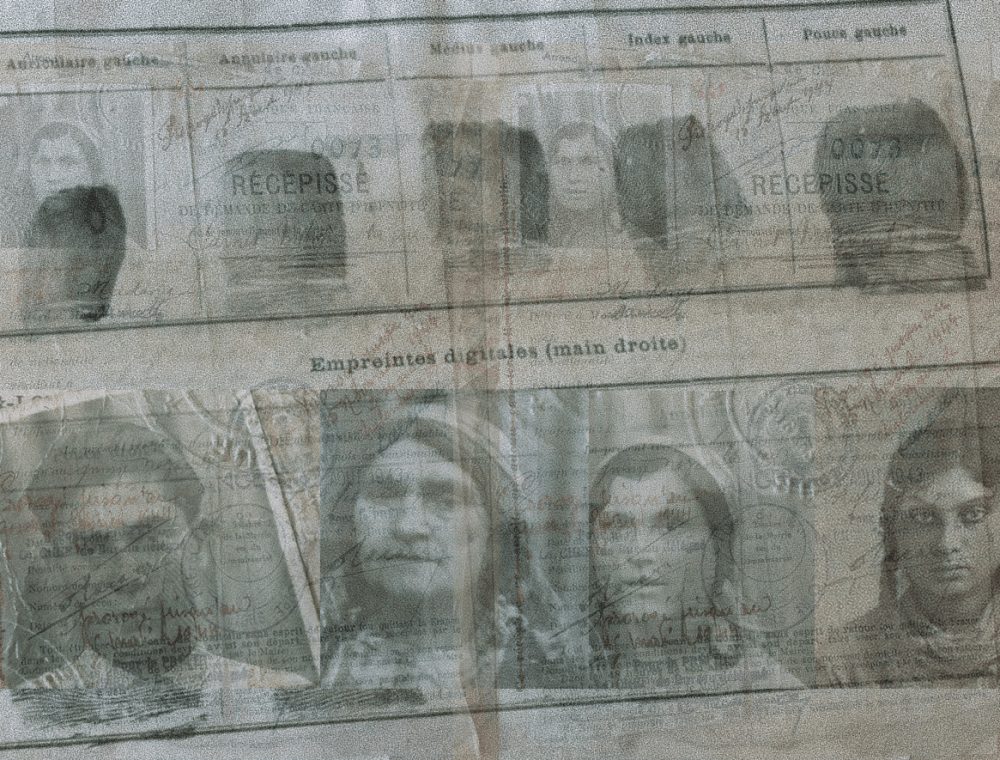
BY ÉMILIE HERBERT-PONTONNIER – Governmental surveillance of citizens’ daily lives has reached a new high—raising fears that it’s here to stay. For the Roma community, such intrusion is nothing new.
-
“Extremism in the Defense of Liberty:” The Rise of American Conservatism

BY CORMAC KELLY – Donald Trump has left the White House. But fear and hatred will remain a potent cocktail for American conservatives, as it has been since the days of Barry Goldwater and George Wallace.
-
Liberal Internationalism Comes Home
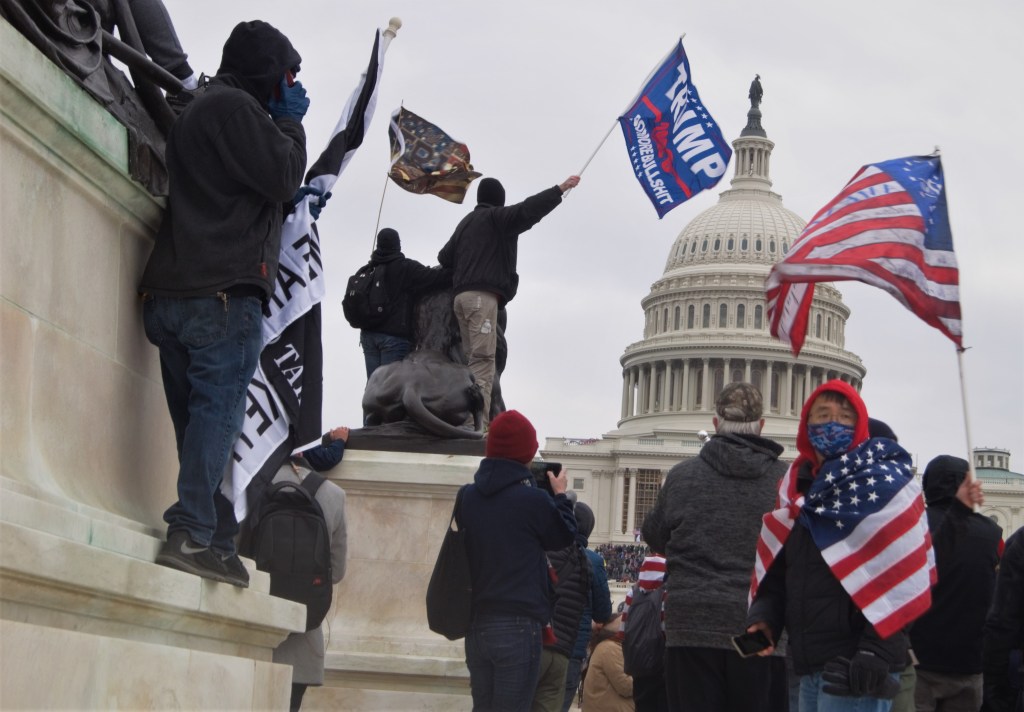
BY ED HARVEY – “Today’s alt-right are buoyed and strengthened by America’s foreign policy.” In this article, Ed Harvey makes the case for viewing the events at the US Capitol through the lens of America’s highly militarized approach to global politics.
-
The Price of Contamination
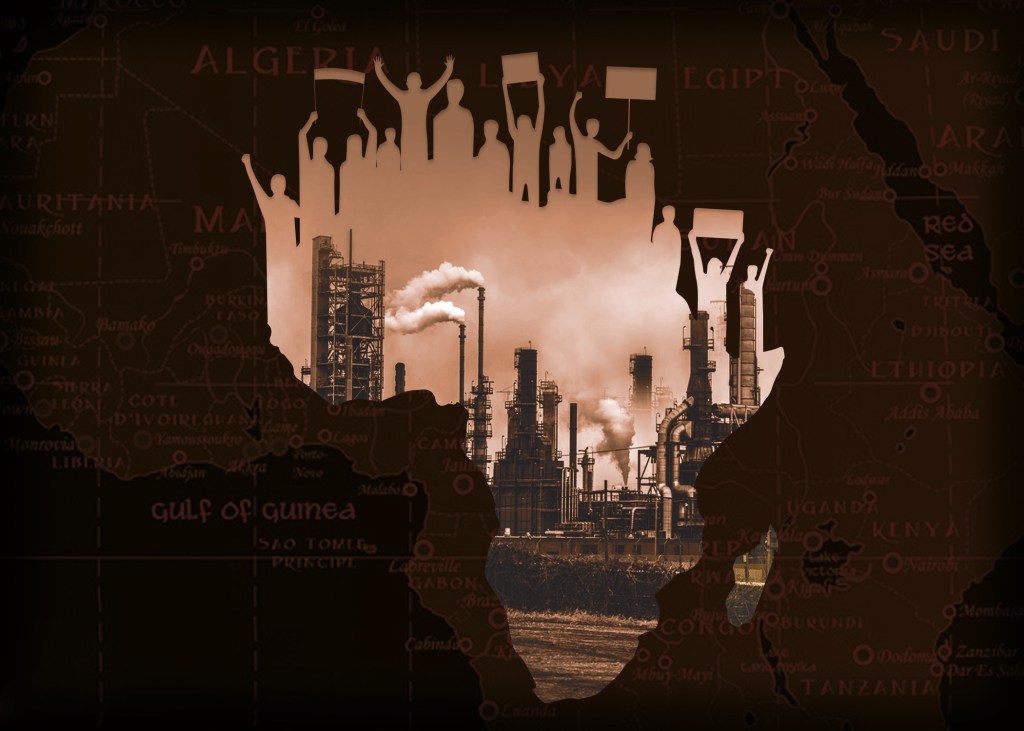
BY IVA PEŠA – Legal cases against foreign multinationals in the Central African Copperbelt seek justice for decades of pollution. But activists should also investigate the historical legacies of colonial mining companies.
-
Protests in Belarus: A Second Ukraine?
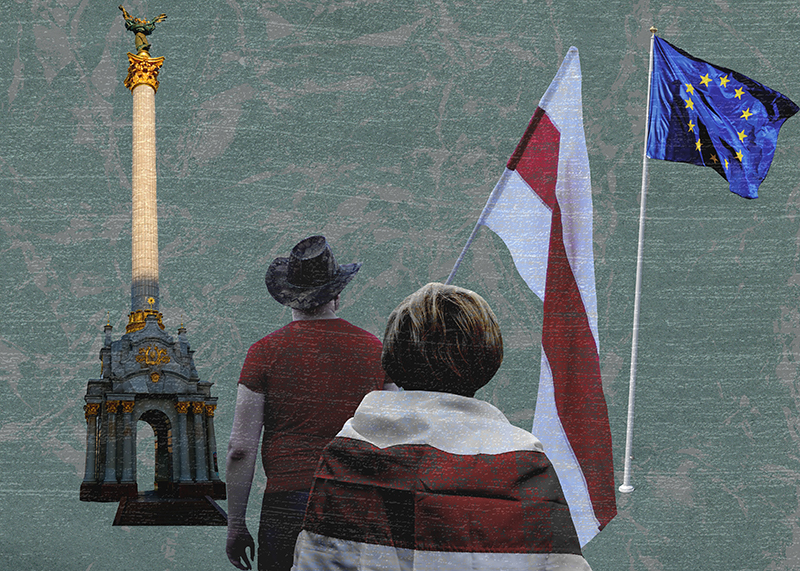
BY VIKTOR SELIUKOV – As the Belarus protests continue for an eighth month, many have compared them to the 2014 Ukrainian revolution that overthrew Viktor Yanukovych. Viktor Seliukov examines how the unique factors that define the Belarusian and Ukrainian post-communist political realities make the two movements more different than they appear.
-
Red Coats and Red Hats
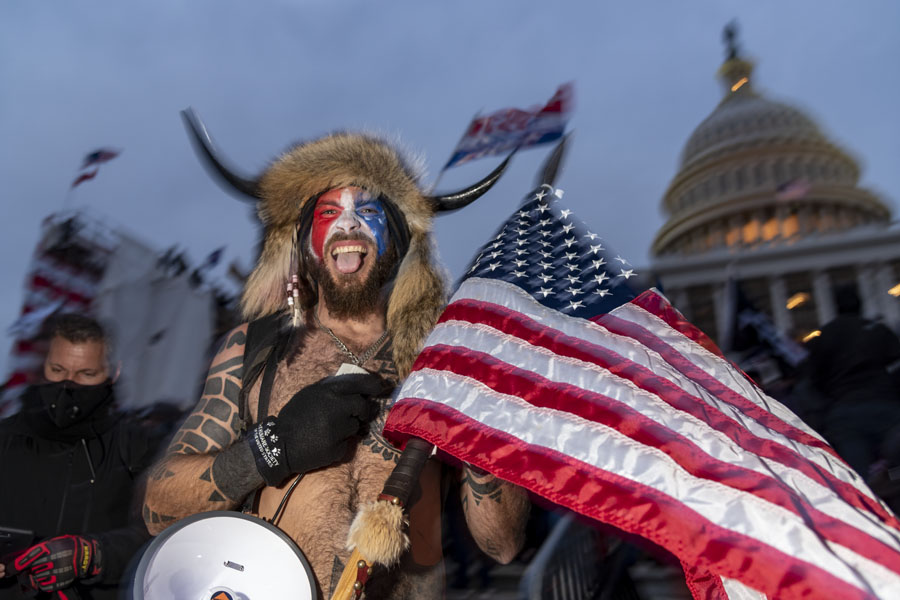
BY SCOTT WAGNER – Two centuries ago, men in red coats stormed the US Capitol. Yesterday, the job was done by men in red hats.
-
The Ugly Stepsister of American Democracy
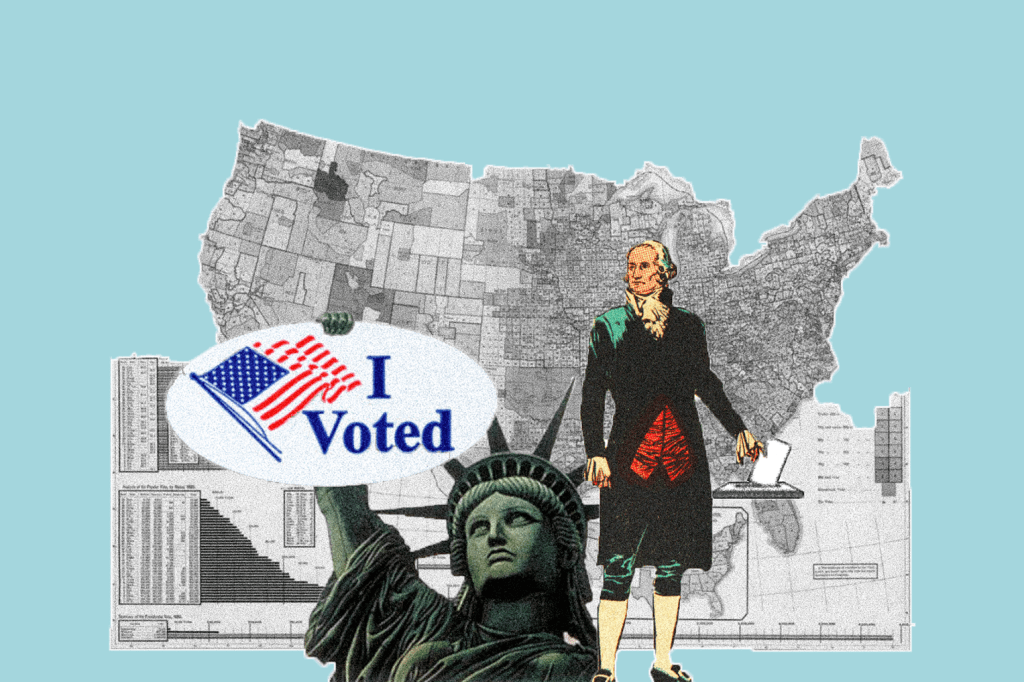
BY SCOTT WAGNER – Today, a group of Republican senators will protest the Electoral College results in a dangerous and futile bid to keep Donald Trump in power. But why does the US still use the arcane system? Scott Wagner explains.
-
Unity By Gun
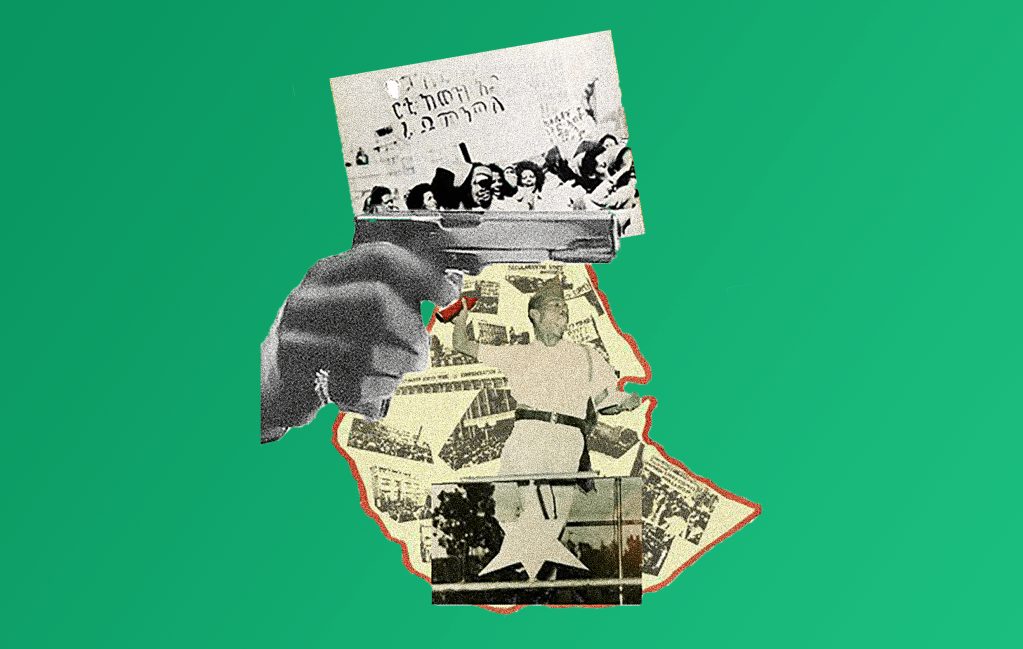
BY JACLYNN ASHLY – Last year, Abiy Ahmed won the Nobel Peace Prize. Now, his country is headed for another civil war. How did we end up here again? Jaclynn Ashly investigates in our special feature on Ethiopia.
-
Putin’s Gambit: Russia Takes Aim at Eastern Europe Once Again
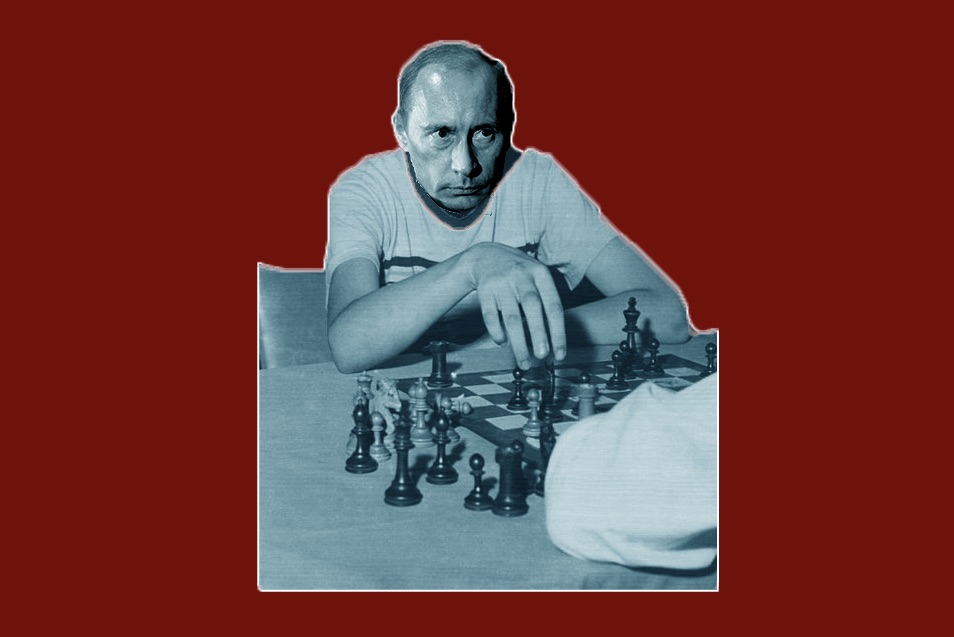
BY SZYMON BUTRYN – Despite renewed opposition from European leaders, Putin still controls the board in Eastern Europe. Szymon Butryn explains.
-
Why the Polls Missed Again in 2020
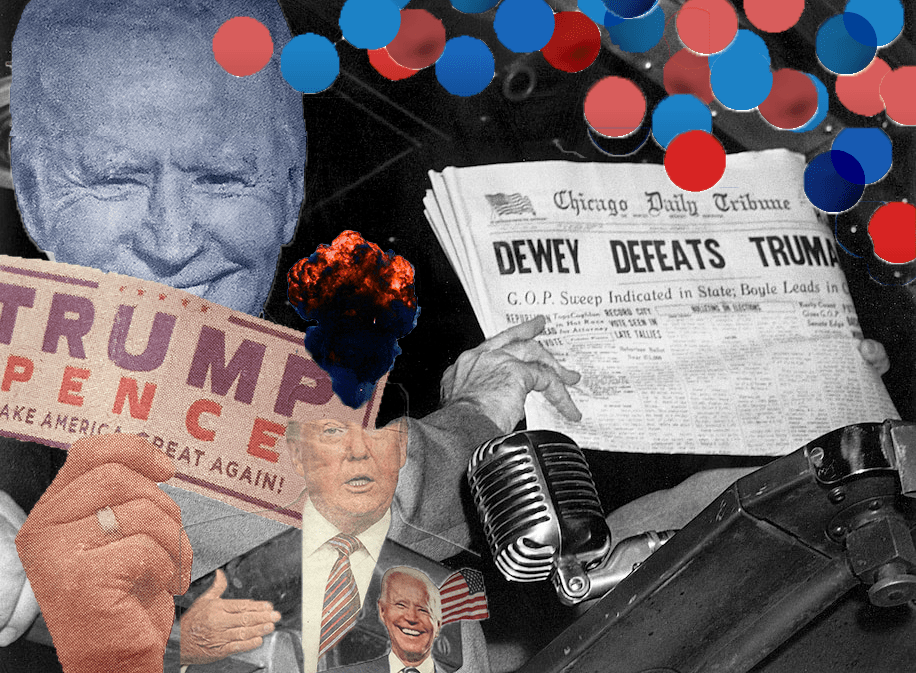
BY CAROLINE SUTTON – Polls hinted at a “blue wave” in 2020. Instead, Democrats lost seats in the House of Representatives. What’s wrong with polling? Caroline Sutton looks at what’s changed since its heyday.
-
When Elections Go Wrong
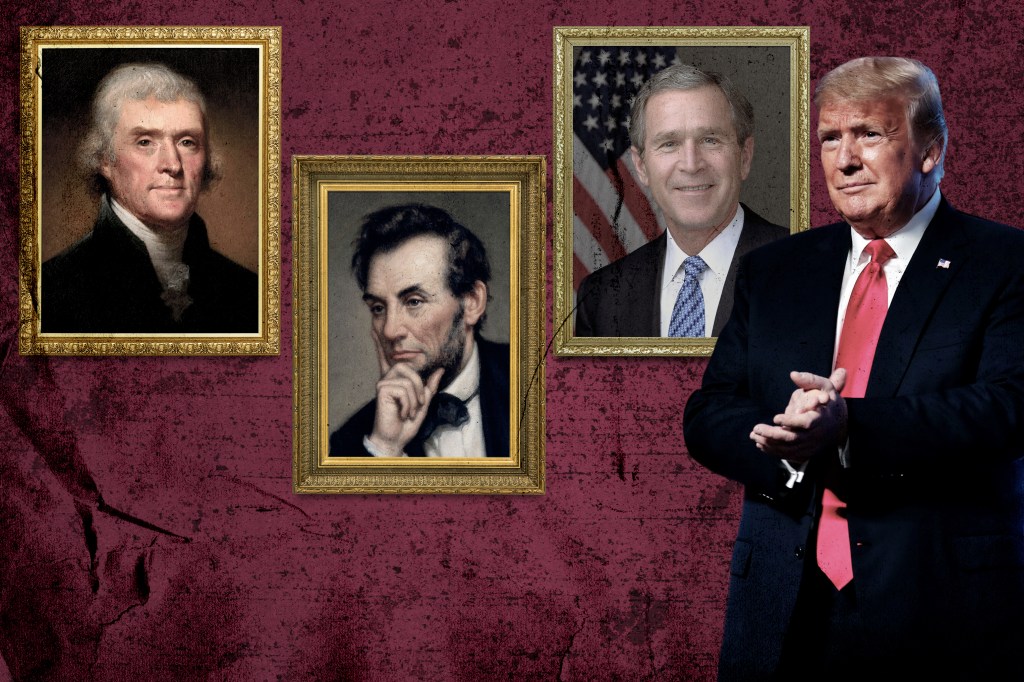
BY SCOTT WAGNER – The world is holding its breath today—and probably will be for days to come. Five elections have been disputed throughout US history. We’re likely headed for a sixth.
-
The Rage of Polish Women
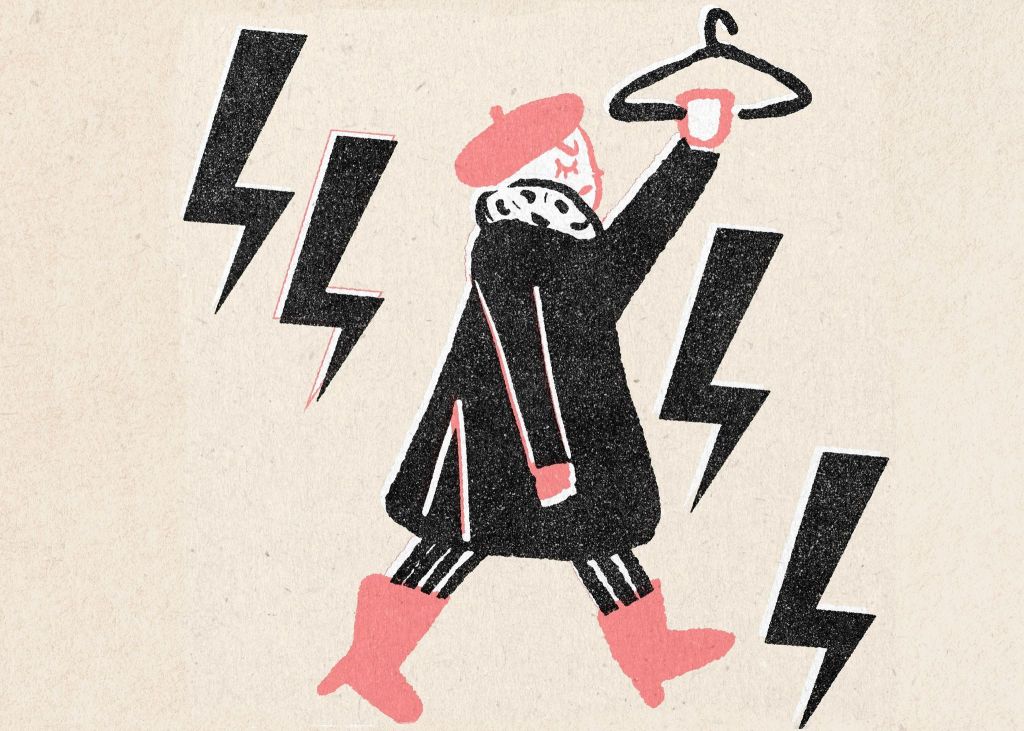
BY MELANIA PARZONKA – Since October 22, Poland’s unprecedented mass protests in response to the tightening of abortion laws have drawn the world’s attention. Melania Parzonka investigates the history of reproductive rights activism in the country, only to realize that Poland has come full circle—from having one of the most progressive abortion policies, to the…
-
Kyrgyzstan In Crisis – An Interview With Alisher Khamidov
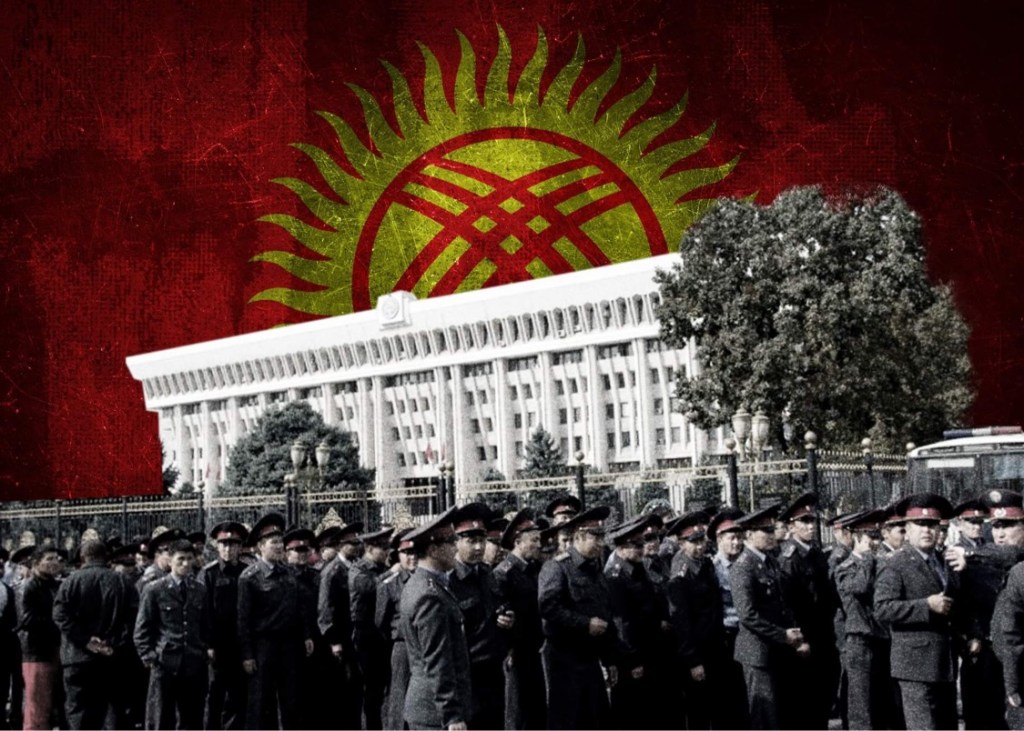
BY MELANIA PARZONKA – On October 15, the people of Kyrgyzstan overthrew their president for the third time in 15 years. Kyrgyzstan expert Dr. Alisher Khamidov sits down with Melania Parzonka to discuss how the USSR’s collapse created economic and ethnic tensions and why the Kyrgyz can’t find peace today.
-
Debunking The Irish Slave Myth: The Irish Diaspora in the New World
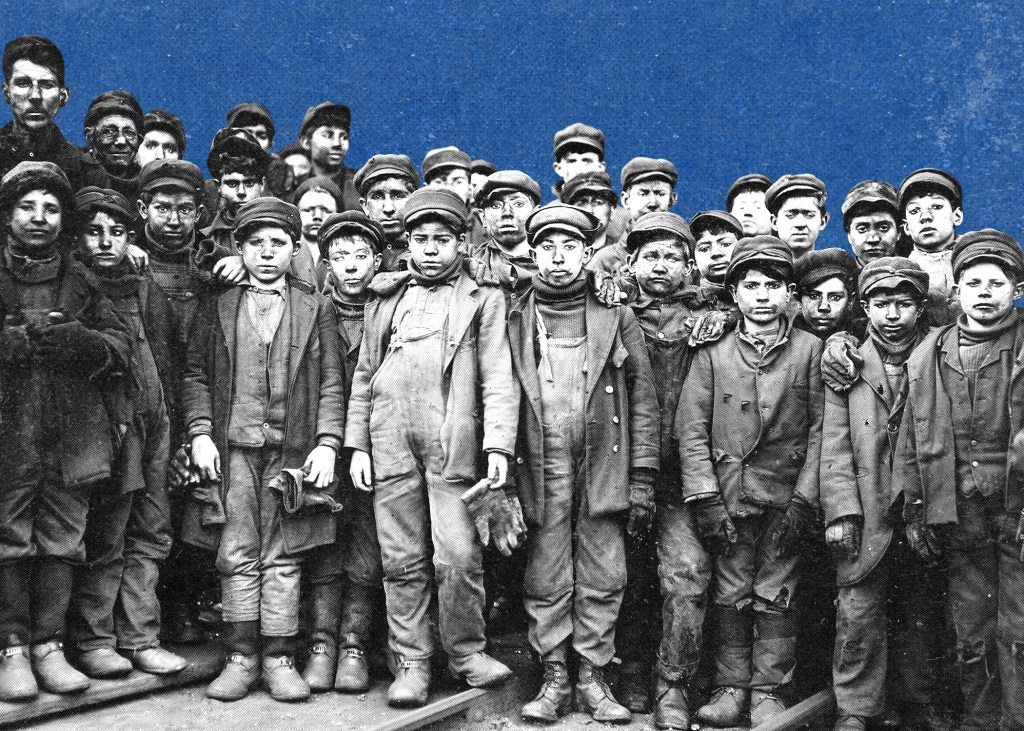
No, the Irish were never enslaved—the myth popular among white supremacists is as perverse as it is inaccurate. As Tárlach Russell discusses, comparing the Irish experience to that of enslaved Africans obscures the oppression faced by Irish servants in the New World.
-
Historical Primer: Debate Canceled After Trump Refuses to Attend
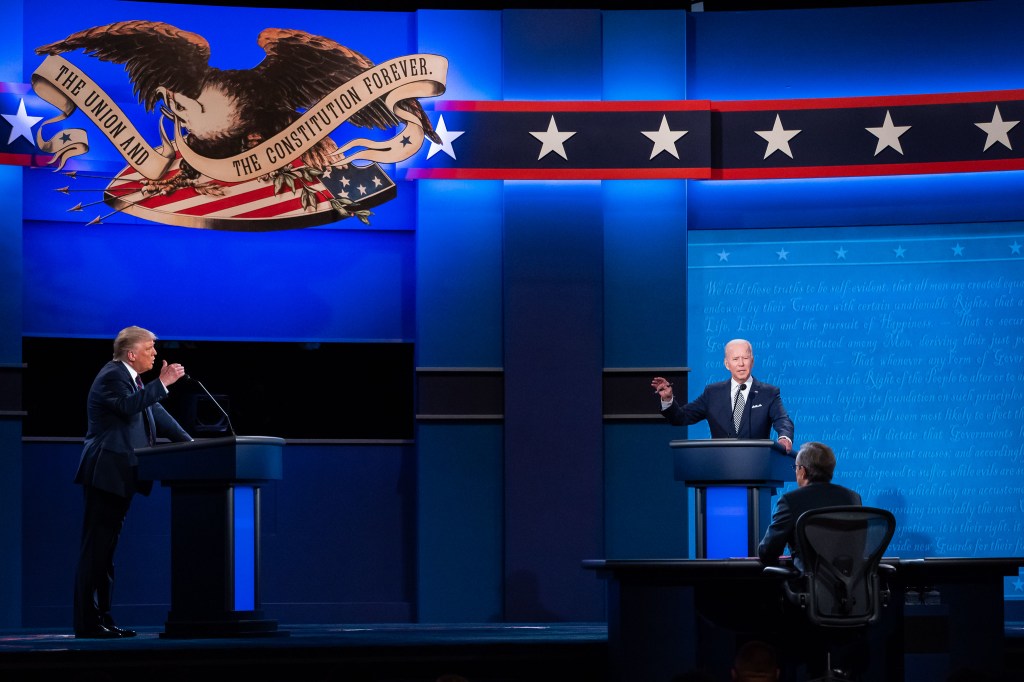
BY SCOTT WAGNER – Instead of debating tonight, Trump will host a town hall in Miami. The last major candidate to cancel a debate? Jimmy Carter in 1980.
-
Poland’s Historical Identity Crisis
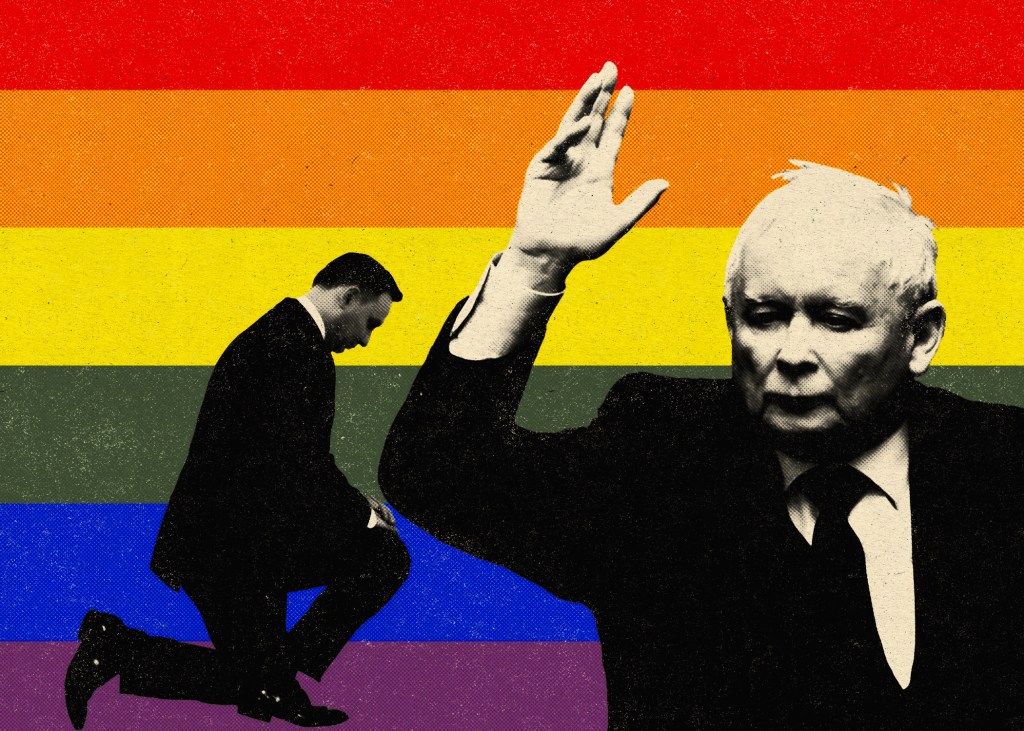
BY MELANIA PARZONKA – The national myth advanced by Poland’s Law and Justice Party—that of a staunchly Catholic, anti-communist people—obscures the nuances and complexities of Polish history. In light of the recent crackdown on the LGBT community, Melania Parzonka demonstrates how Poland must face the truth of its past to move forward.
-
Anti-Immigrant Racism in the United States: American as Apple Pie
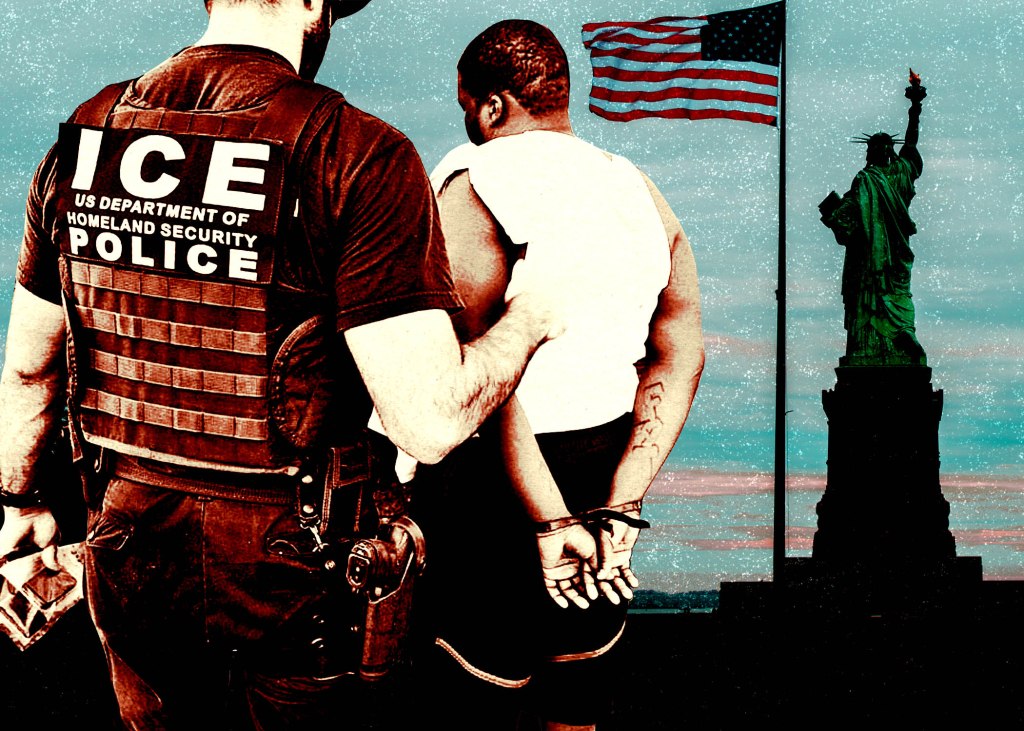
BY JUSTIN FAULHABER – The two images could not be more incongruous: on one side, the Statue of Liberty, a beacon of light in a world of darkness. On the other, Trump’s border wall, an imposing statement in concrete saying “Keep Out…Or Else.” Justin Faulhaber explains how, too often, the nation of immigrants has built…
-
Historical Primer: Democrats Push for Court Reform
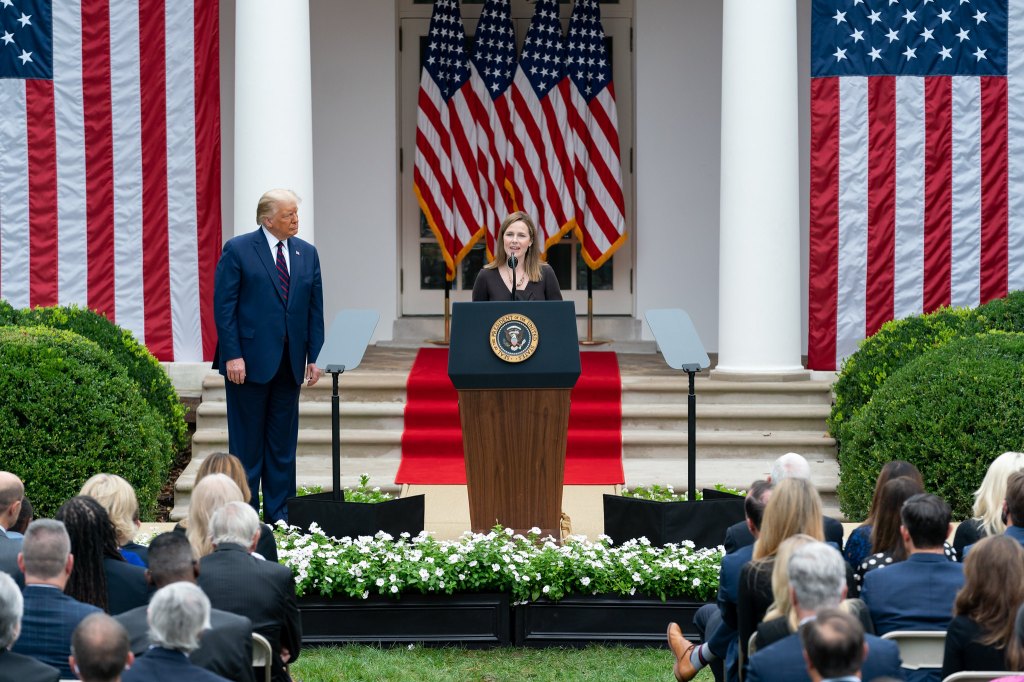
BY SCOTT WAGNER – Scott Wagner looks at FDR’s attempt to expand the Supreme Court in 1937 and why Democrats might have more success today.
-
How the Italian-American Dream Became a Racial Nightmare
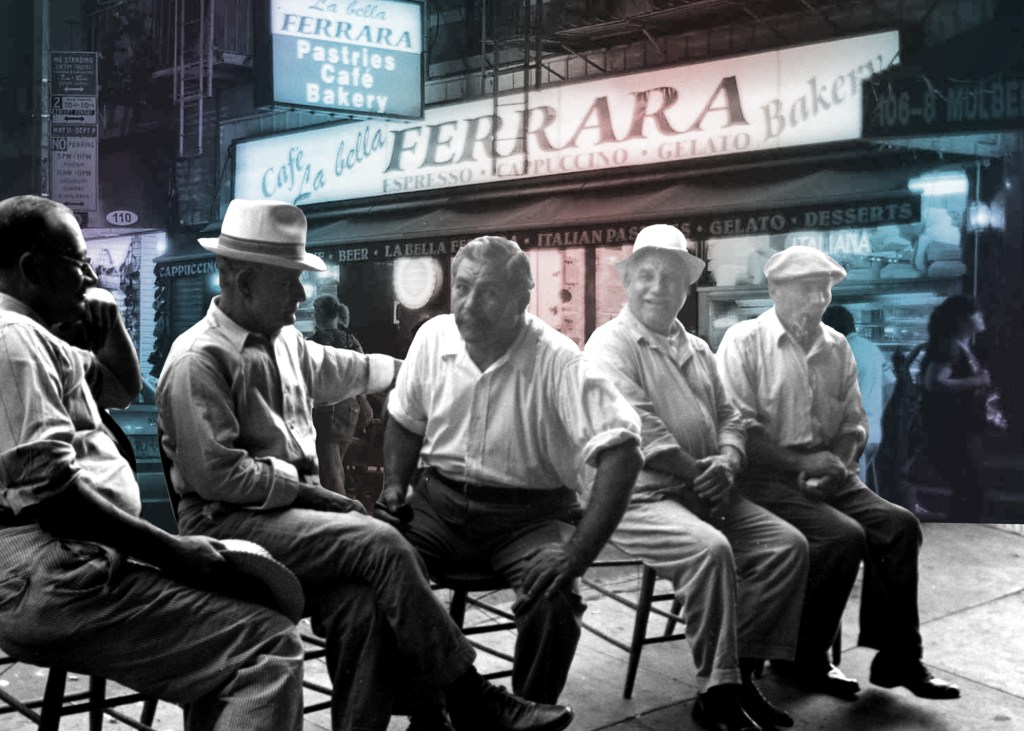
BY ISABEL ROBERTSON – How can a nation of diverse immigrants have such a problem with race? In order to complete the transformation from denigrated to integrated, some European immigrant groups adopted racist sentiments already prevalent in the United States. Isabel Robertson explains.
-
“Dancing on the Heads of Snakes:” Yemen, Then and Now

The civil war in Yemen remains the world’s most urgent humanitarian crisis—yet its roots receive little media attention. Monia Al-Haidary explains how the current conflict is intimately linked to the country’s postcolonial history as a battleground for competing foreign powers.
-
Black Lives Matter & Israel-Palestine: Lessons From Ralph Bunche
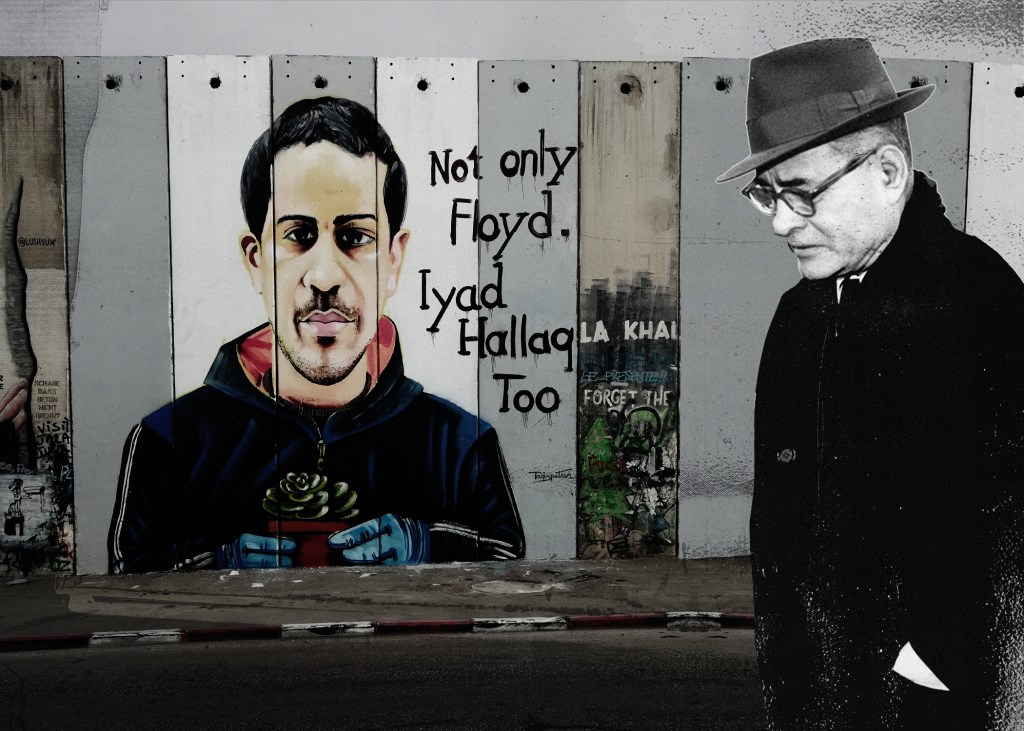
BY ASHER KESSLER – “I can understand you. I am also a member of a persecuted minority.” Different experiences of injustice may bring people together, but they don’t necessarily translate into complete understanding. Asher Kessler examines Ralph Bunche, the American architect of the 1947 Partition Plan for Palestine, and how his exposure to racism and…
-
An Angry People – Serbia In the Times of COVID-19
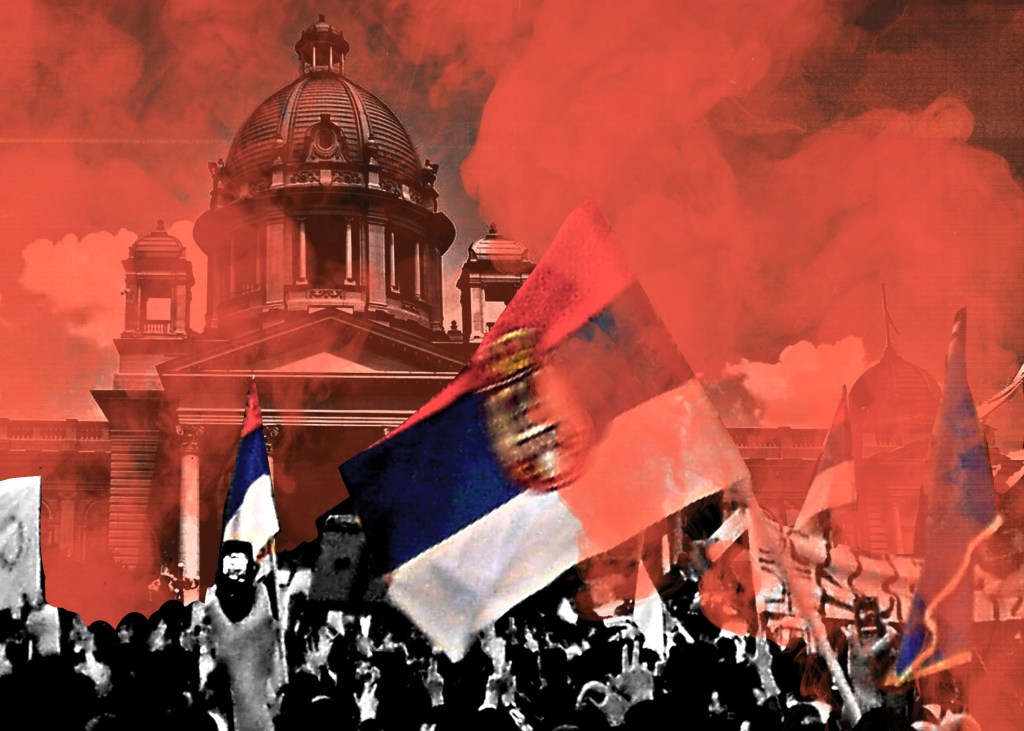
BY VUKAN MARKOVIC – Last month, Serbia was host to Europe’s first demonstrations against a coronavirus curfew. Although Belgrade’s pandemic response may have been the trigger for this unrest, Vukan Markovic explains how these protests actually represented a much deeper rupture within the country’s political reality, revealing many underlying frustrations that have been brewing for…
-
Race and the Second Amendment: “If Only He Had Been Armed”

BY SCOTT WAGNER – In June, a St. Louis couple the internet dubbed “Ken and Karen” went viral for confronting peaceful protesters with (improperly handled) firearms. Charged with a felony, Mark and Patricia McCloskey are speaking today at the Republican National Convention. They typify a certain American phenomenon: using racialized fear to justify abuse of…
-
Race and the Second Amendment: Reconstruction and Repression
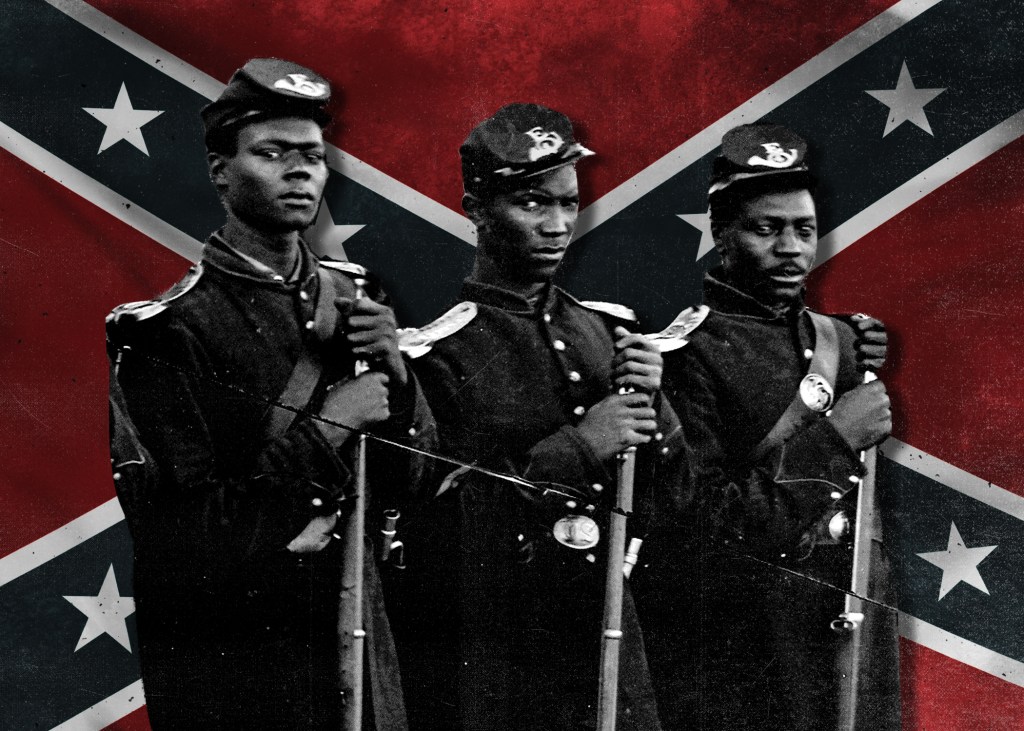
BY SCOTT WAGNER – After the Civil War, Southern Society was broken. The Second Amendment was used to help rebuild it. Read more in Part Two of Scott Wagner’s series on race and the Second Amendment.
-
Race and the Second Amendment: Protecting the “Peculiar Institution”
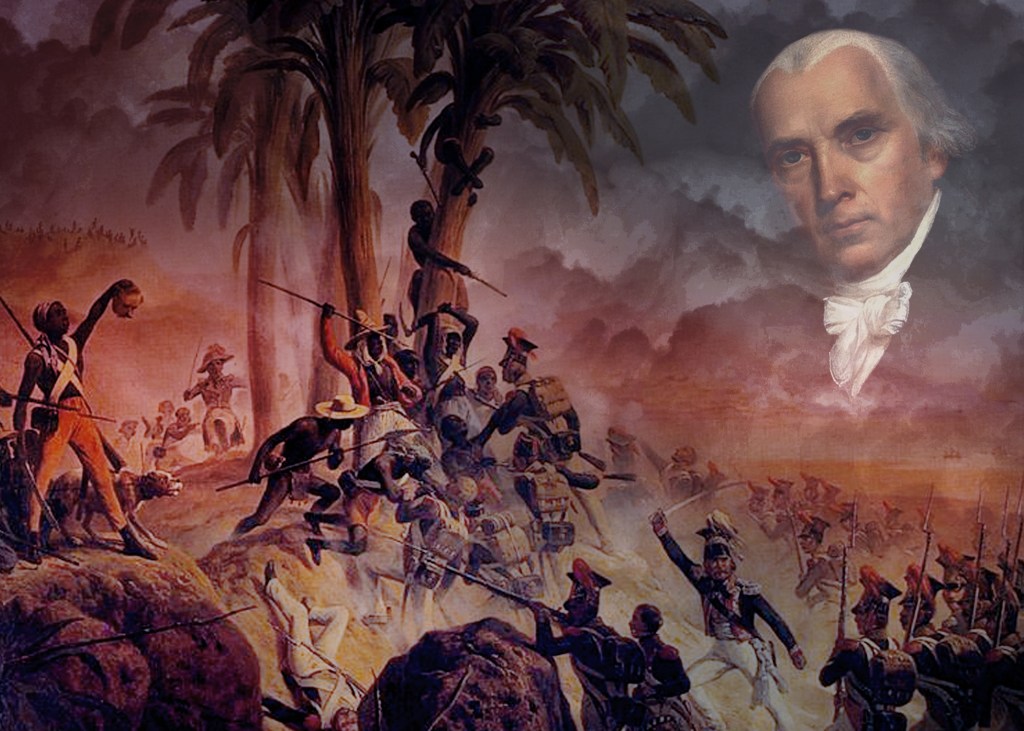
BY SCOTT WAGNER – Amidst the largest protests for racial justice in US history, gun sales rose for the second time in 2020. As Scott Wagner demonstrates in the first of our three-part series, racism, violence, and the right to bear arms have been constant companions since the emergence of Atlantic slavery.
-
Stifled Stories of the Black Imagination
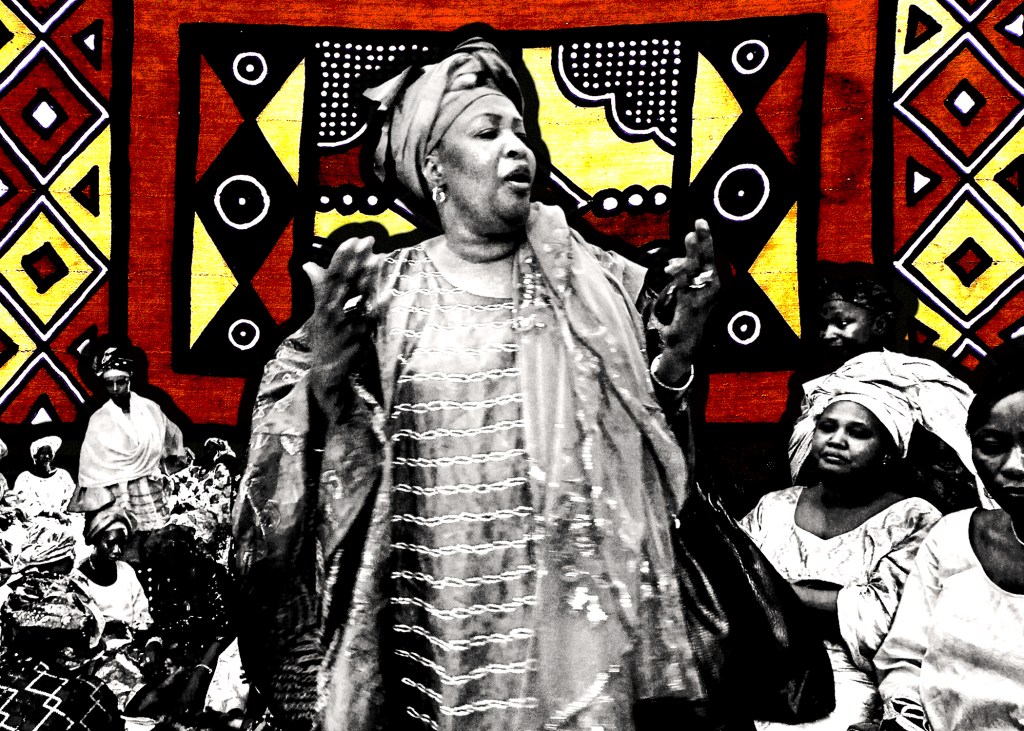
Stories are gateways to the souls of a people. For African and Black writers, those stories have been buried under the colonial gaze and Western biases. Asia Wesley helps us uncover them.
-
“The Revolution Will Not Be Televised” – Or Will It?
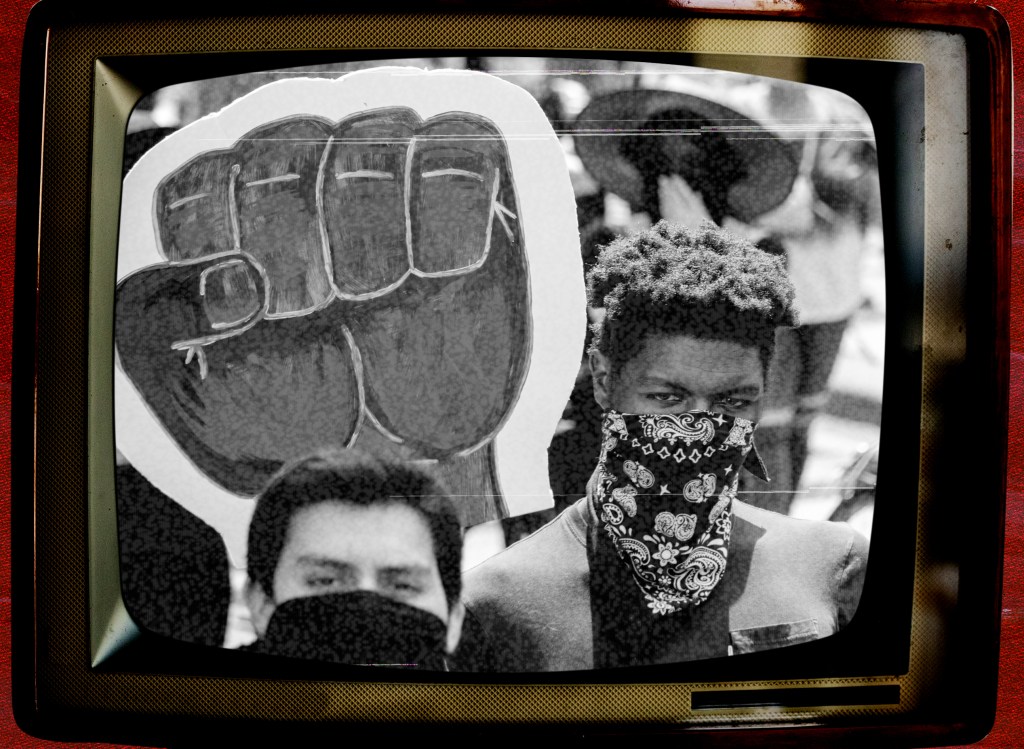
In late May, the United States was confronted with 8 minutes and 46 seconds of racial violence and hatred. Our Chief Editor Victoria Jones sat down with Allen Linton, a PhD candidate at the University of Chicago, to discuss whether the George Floyd protests and corresponding social media activism represent a moment or a movement.
-
Morality, Realpolitik, Racism – Why Did the US Drop the Atomic Bomb On Japan?
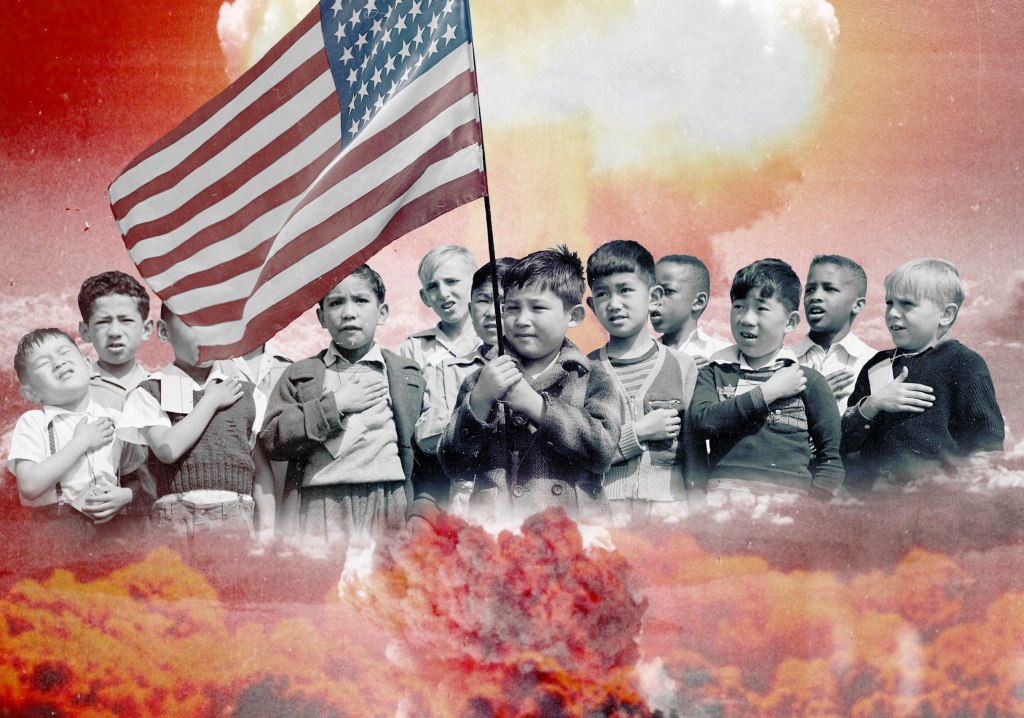
75 years ago, the world witnessed the use of the most destructive weapon in human history. Elodie Miles discusses the fateful choice to drop the atomic bombs on Hiroshima and Nagasaki, suggesting that America’s moral justification downplayed aspects of realpolitik and racism that significantly influenced the decision.
-
Why China Won’t Back Down
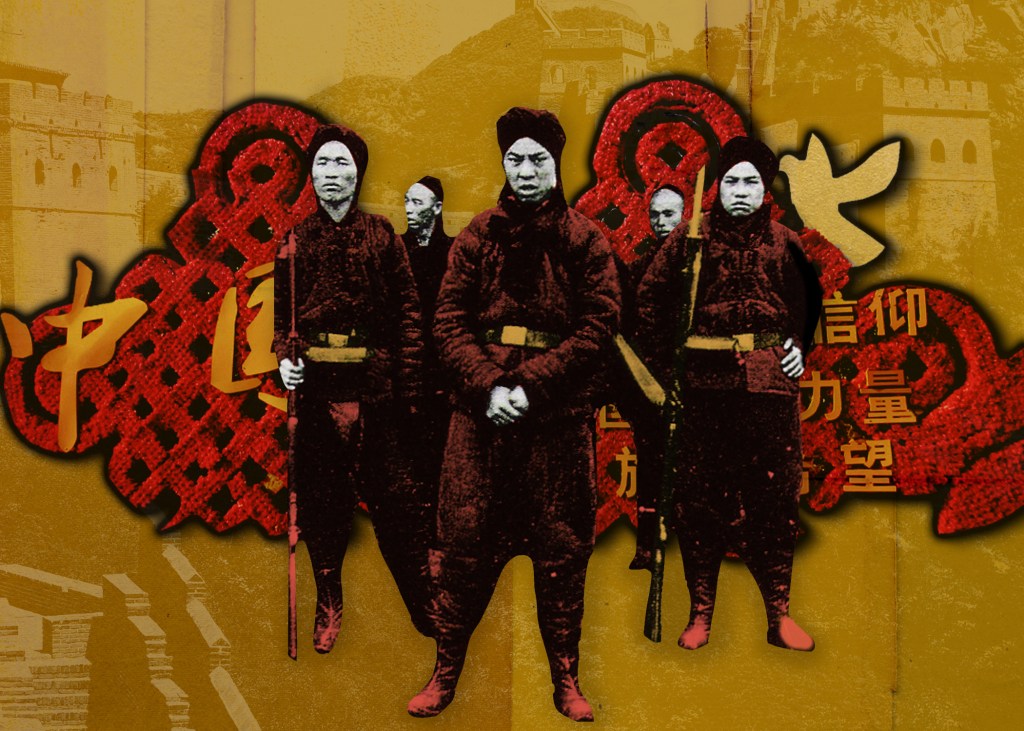
BY CAROLINE SUTTON China is one of the world’s preeminent powers—but it wasn’t always that way. From 1839-1949, China suffered numerous defeats at the hands of imperialist powers. As Caroline Sutton demonstrates, the Chinese Communist Party uses the “century of humiliation” to cement its legitimacy and assert the nation’s sovereignty.
-
No Return to Normalcy: Warren G. Harding and Race after the First World War
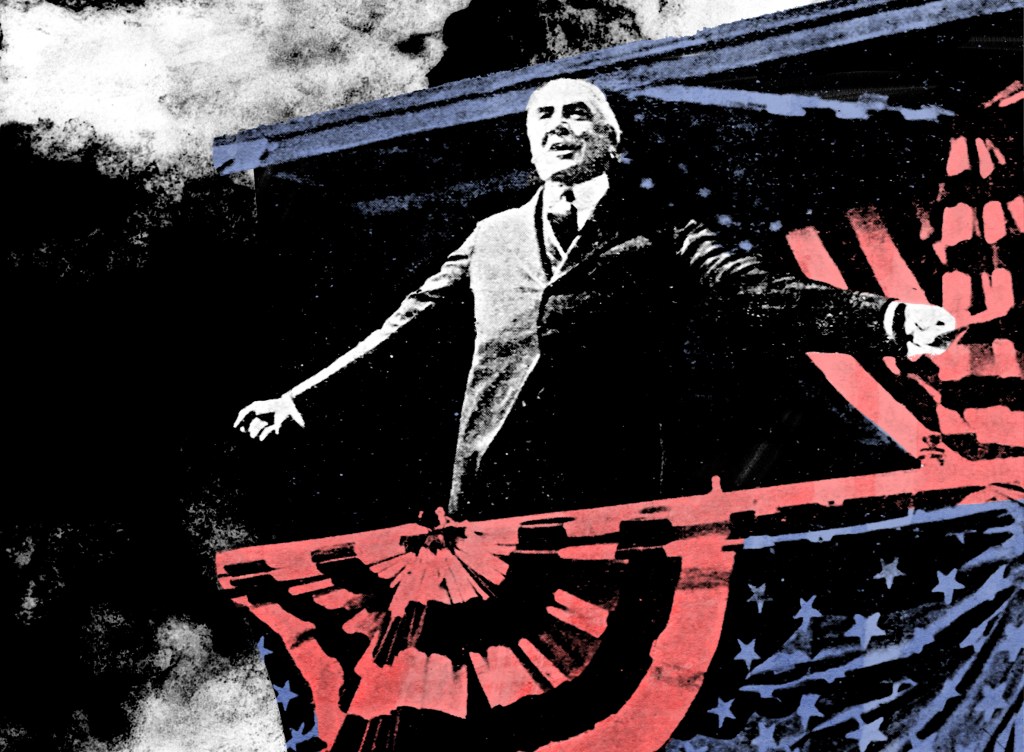
A global pandemic. Rising racial tensions. A momentous presidential election. 1920 and 2020 aren’t so different. But how did President Warren G. Harding address the multitude of issues facing the United States in the wake of World War I? Brett Hall investigates.
-
Mercury Rising: The Role of Climate Change in Armed Conflict
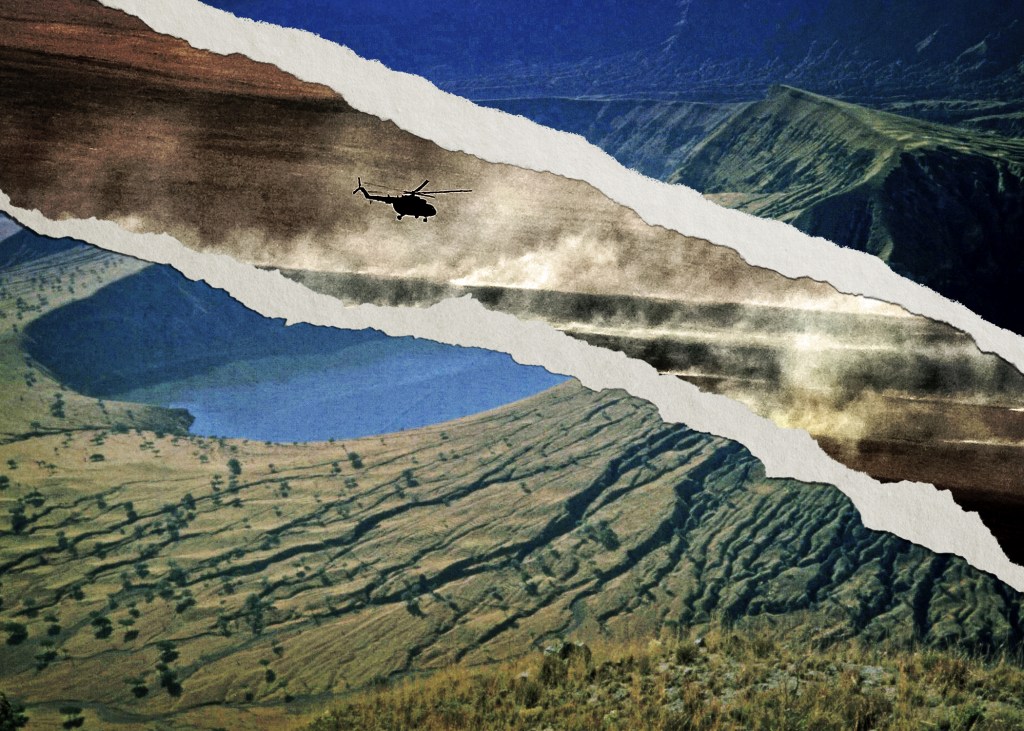
BY NATASHA ION – Climate change is seeping into political conversations regarding mass migration, economic consequences—or even war. Natasha Ion discusses how climate change has already contributed to conflicts in Syria and Darfur and how confronting it will be a critical component of ensuring stability in the 21st century.
-
The Wrong Man for the Job: Zalmay Khalilzad’s Perverted Quest for Afghan Peace
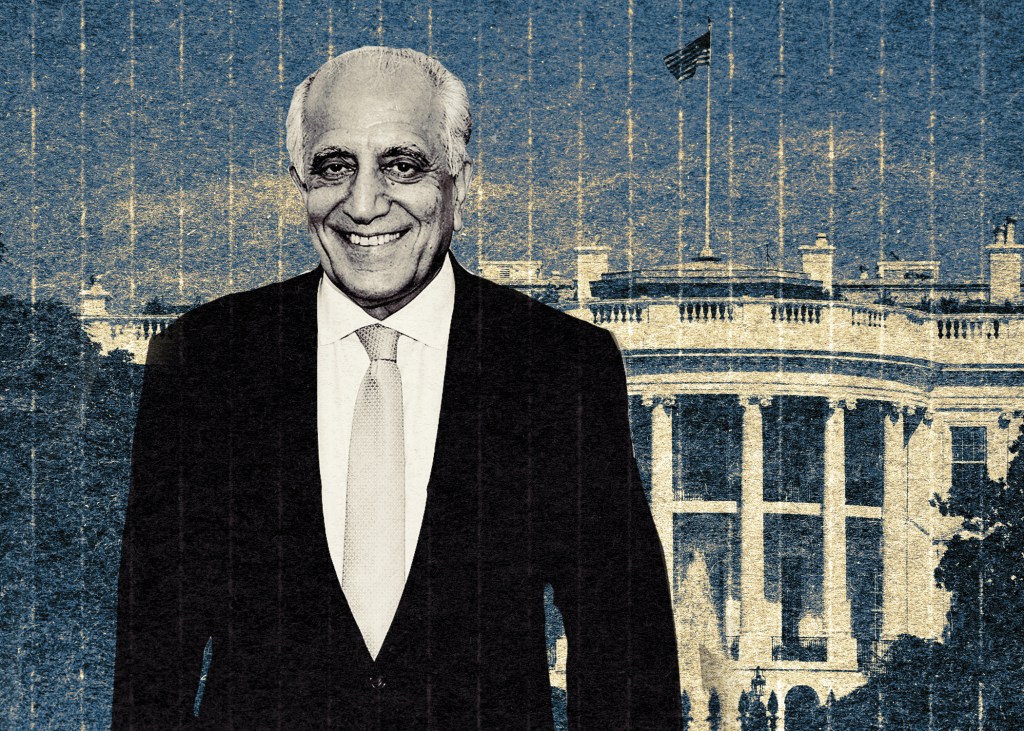
Who is the man that engineered the US-Taliban peace deal? As speculation surrounding Russian bounties erupts in the American media, Terra Schroeder investigates Zalmay Khalilzad—the figure who has been pulling the strings of US Afghan policy for years.
-
A Conversation With Patrick Cockburn
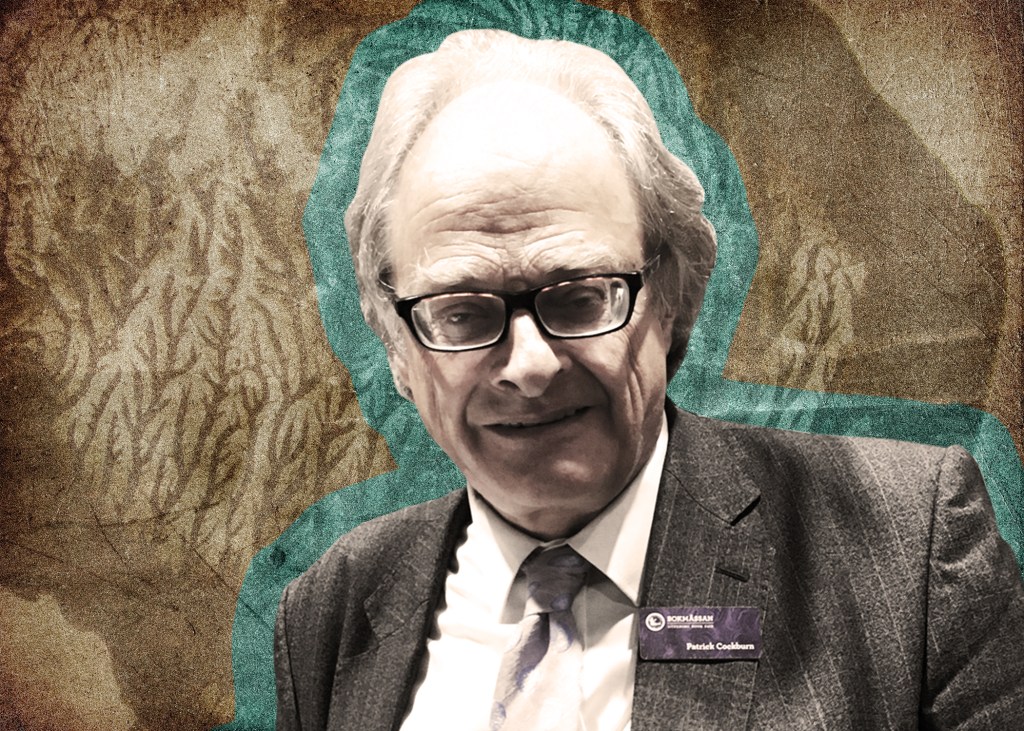
Iraq and Afghanistan are still reeling from the aftershocks of the US invasions in 2003 and 2001, respectively. Monia Al-Haidary sits down with Patrick Cockburn, award-winning journalist and author of the newly released “War In the Age of Trump,” to discuss how the failure to understand the two countries doomed the interventions.
-
Unmasking Chinese Censorship in the Age of COVID-19
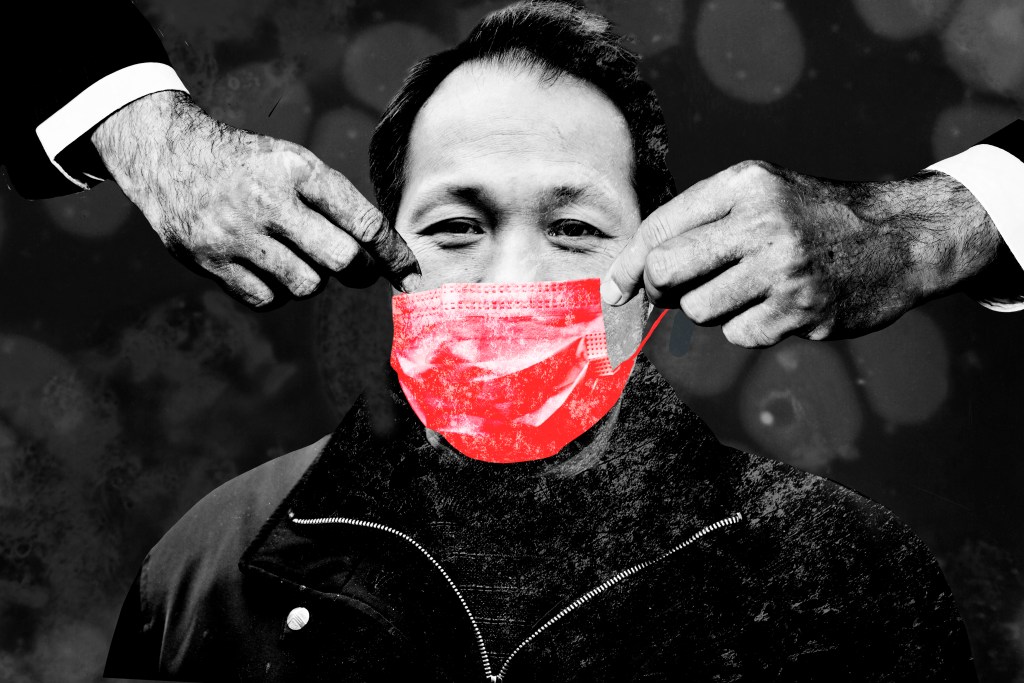
During the initial outbreak of COVID-19, the Chinese system of information control seemed to stumble—only to emerge triumphant and even more resolute shortly thereafter. Our latest piece demystifies the often misunderstood phenomenon of censorship in China.
-
The Star-Spangled Banner and the Question of Liberty
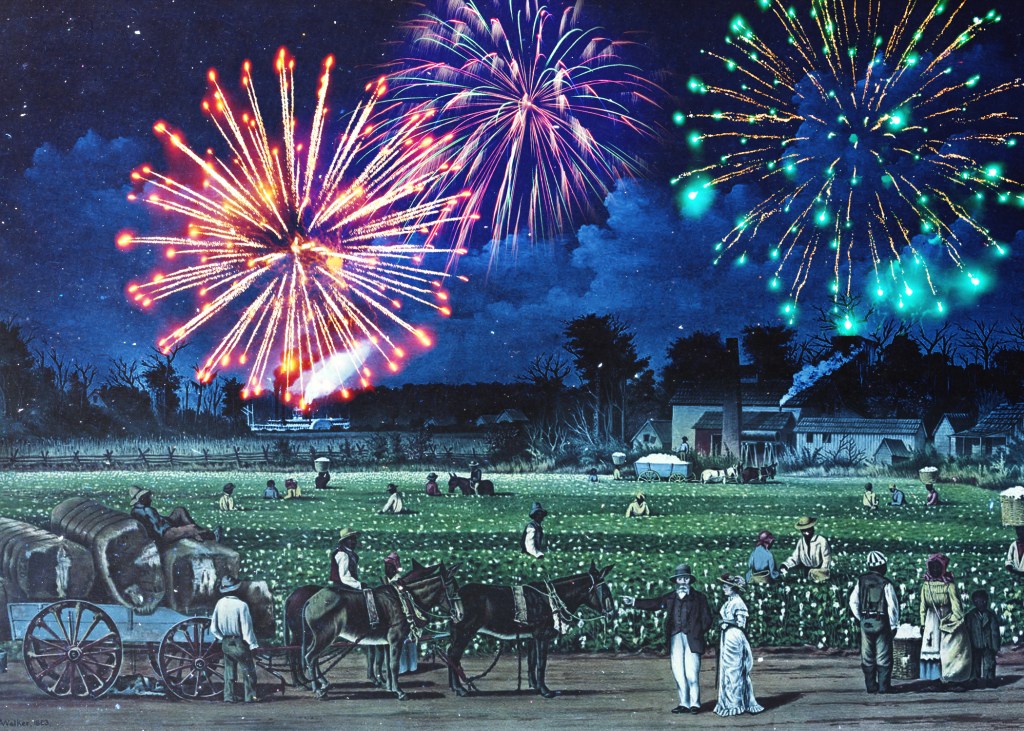
On July 4, the citizens of the United States celebrate their independence and freedom. But as Scott Wagner demonstrates, that term—and the extent to which the US has represented it—has a complicated history.
-
What, to the Descendants of Enslaved Africans, Is Juneteenth?
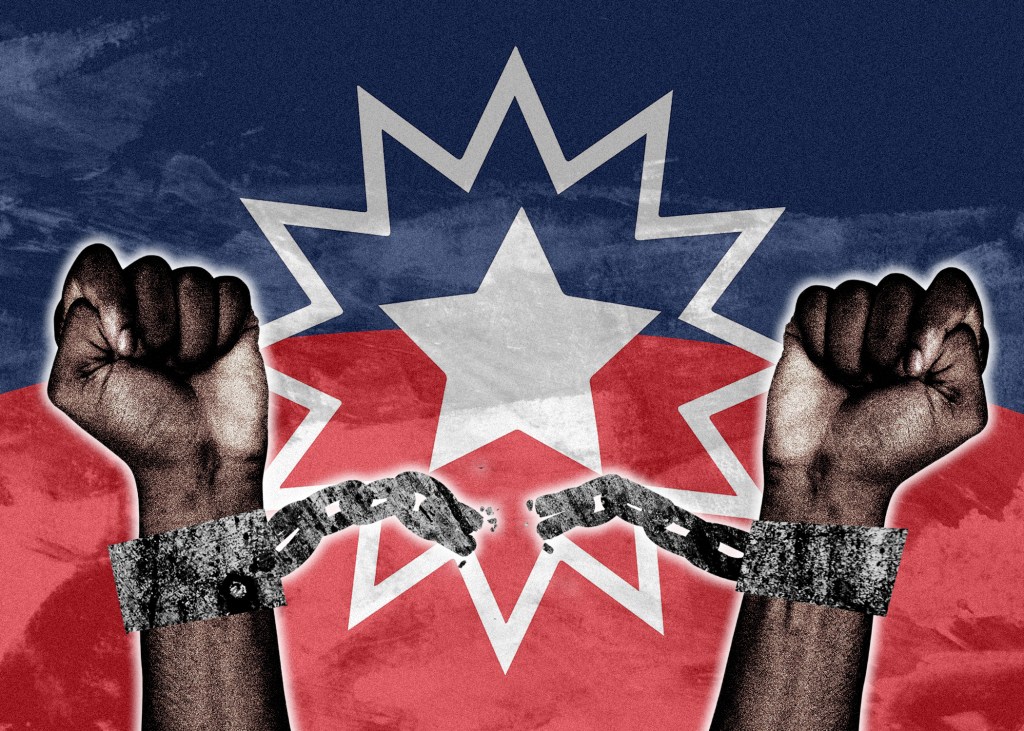
What is Juneteenth, and what does it mean for Black Americans today? Aviva Neff explores the history behind the holiday as a celebration of Black resistance and a reminder of the work yet to be done.
-
In Case of Emergency, Break Precedent
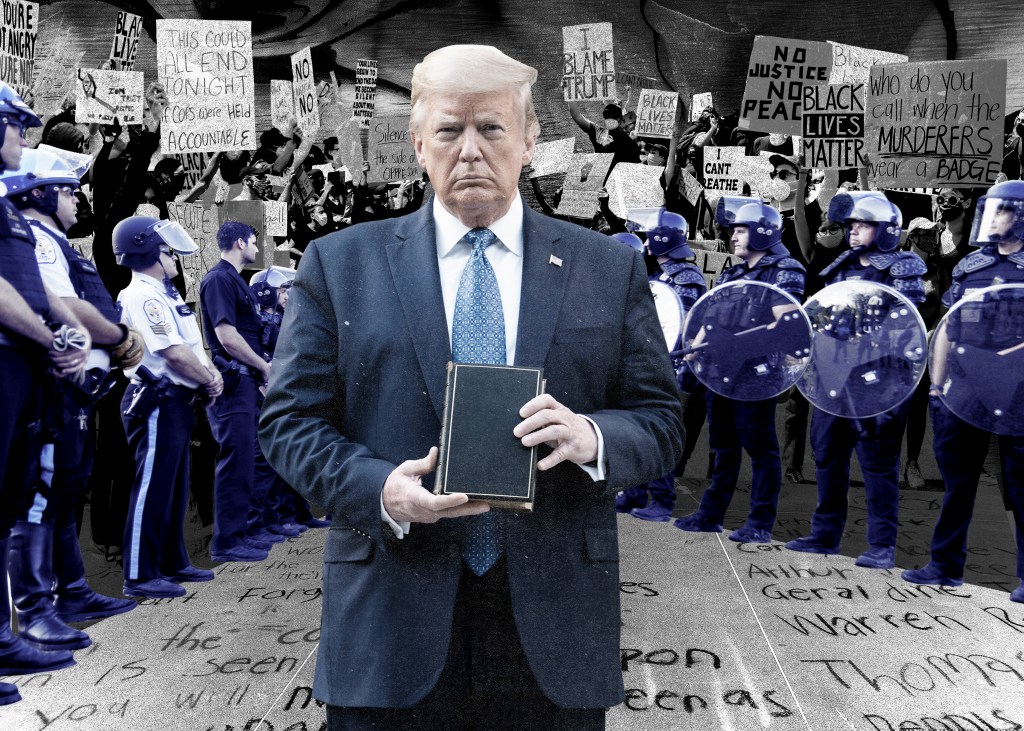
Last week saw the most widespread protests for racial justice in the US since the Civil Rights Movement. In response, Donald Trump threatened to deploy the military to quell dissent. Our editor Scott Wagner examines previous cases of military deployment to evaluate the unprecedented nature of Trump’s declaration.
-
The History of Quinine Should Make Us Wary of Leaders Who Claim Hydroxychloroquine Can Cure COVID-19

In light of Trump’s controversial claims about the efficiency of an antimalarial treatment for COVID-19, Aditya Iyer recounts the fascinating history of quinine and its ties to colonialism.
-
Techno-Optimism to Disillusionment: The Complex Legacy of the Howard Dean Campaign

As COVID-19 forces US politics to go online, Caroline Sutton investigates the relevance of technology in election campaigning by taking a look at one of the most important primary runs you may have forgotten.
-
Who Paved the Way for Putin?

BY MELANIA PARZONKA In this article, Melania Parzonka answers the all-important question: how did Putin actually come into power?
-
A Violent Inheritance: The Roots of Bolsonaro’s Authoritarianism

Investigating Brazil’s violent and oppressive military dictatorship that ruled from 1964 to 1985, Luiza Monetti details how many of the elements that gave rise to Bolsonaro’s authoritarianism have actually been in place for decades.
-
Brexit: Northern Ireland’s Death Warrant?

Recalling the last 100 years of struggle between Republicans and Unionists in Northern Ireland, Tárlach Russell considers how Brexit may ultimately determine the fate of the only land border between the Republic of Ireland and the United Kingdom.
-
We Failed in the 1918 Pandemic. We’re Still Failing Now.
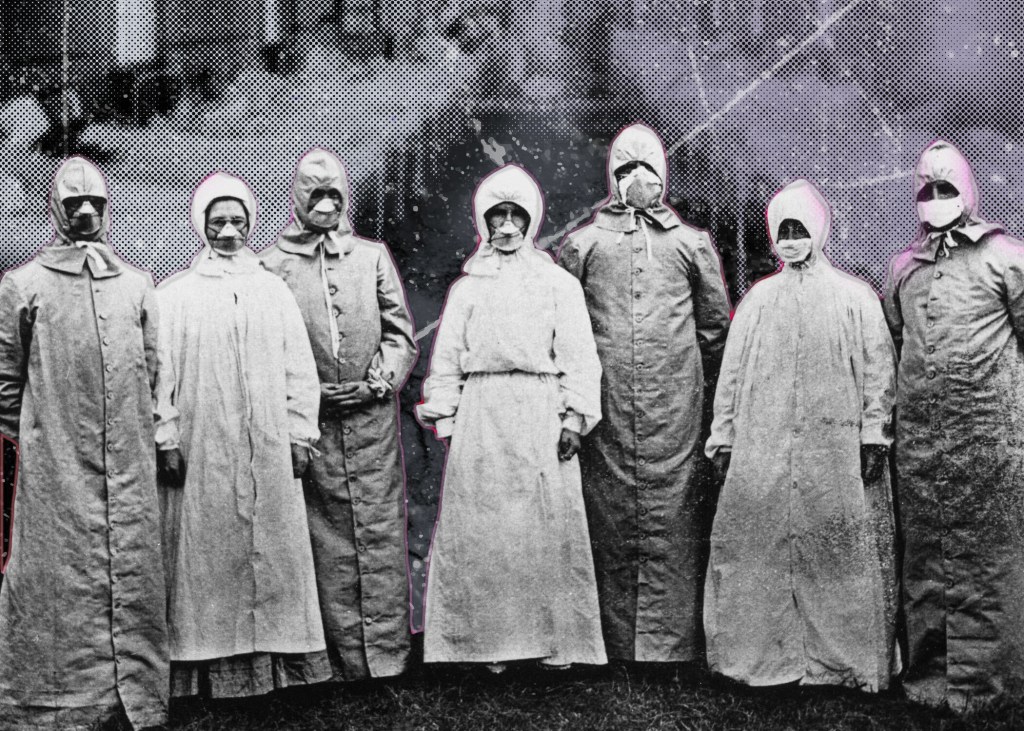
BY SCOTT WAGNER – Using the go-to comparison of the 1918 Spanish flu outbreak, Scott Wagner digs deeper to warn how, despite technological advancements, the century-old nightmare may come back to haunt us as we battle the coronavirus pandemic today.
-
The 2020 Democratic Candidate Should Organize Along Class Lines – History Proves It
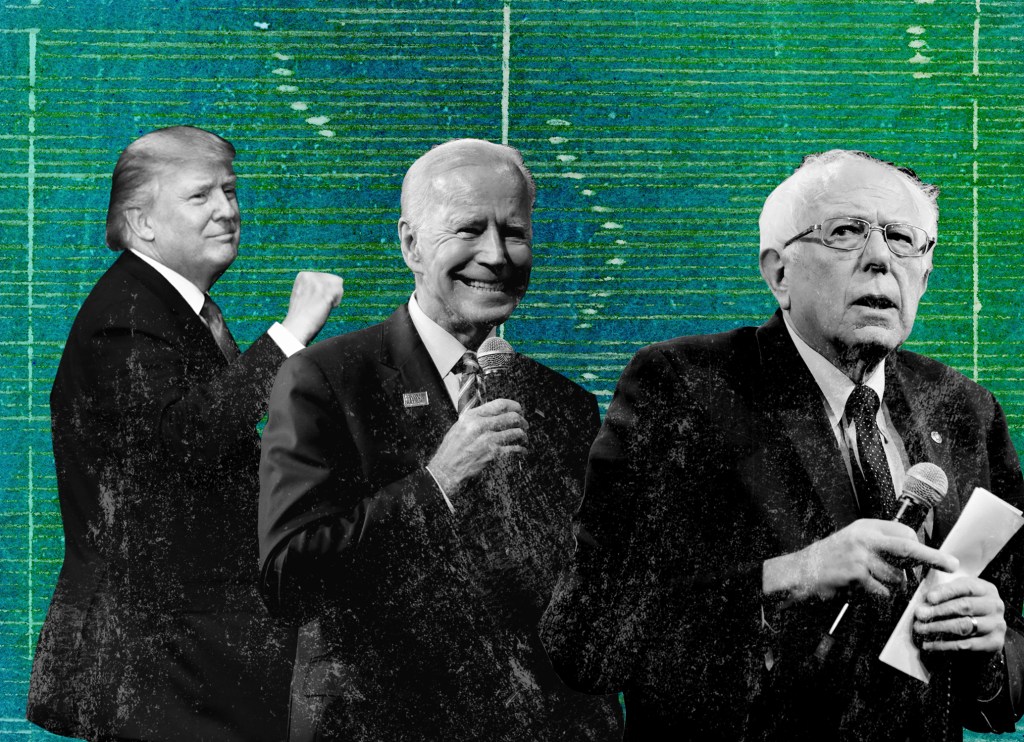
As the Bernie Sanders campaign comes to an end in these times marked by polarization, economic downturn, and a global pandemic, Caroline Sutton uses the 1896 election to explore how organizing along class lines could lead the US Democratic candidate to victory.
-
A War from Within? Drug Cartels and the Mexican State
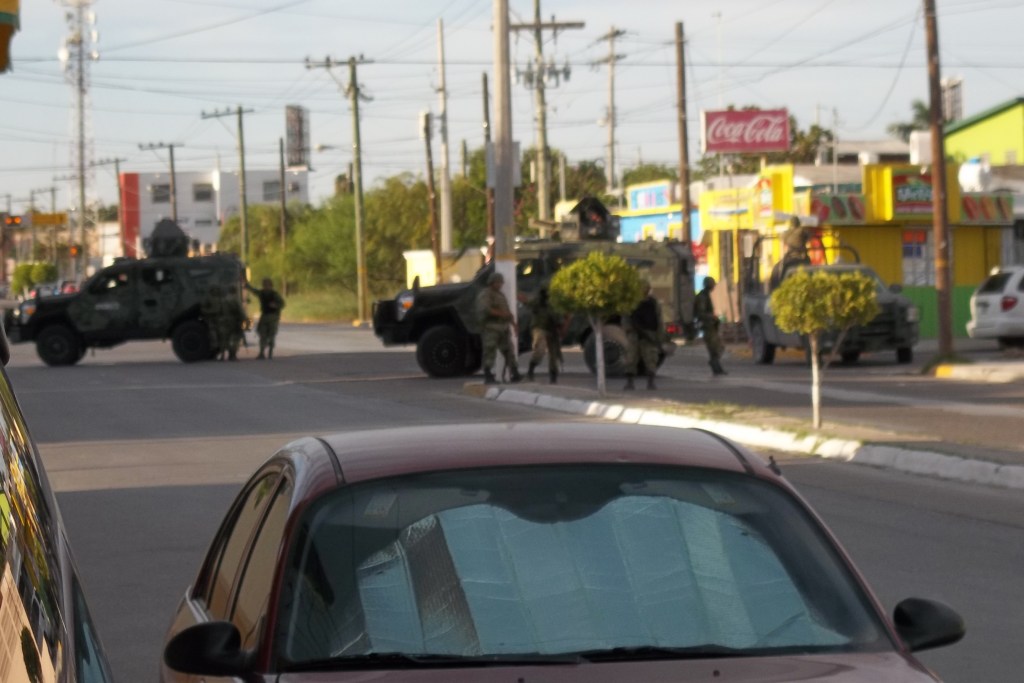
Using the border state of Tamaulipas as an example, Monica Guerrero Ruiz uncovers what people are getting wrong about the relationship between the cartels and the Mexican state.
-
The 1999 NATO Bombing of Yugoslavia: A Precedent for Western Interventionism?
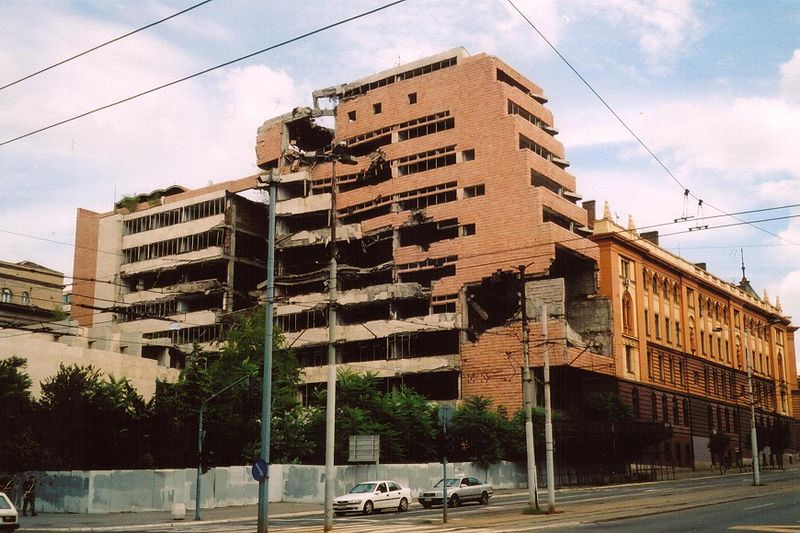
On the 21st anniversary of the launch of NATO’s bombing campaign that marked the end of the Kosovo War, Sebastian Bruhn reflects on the operation and how it has influenced Western intervention in 21st century conflicts.
-
Postwar Justice and Polarization: Is Turkey Greece’s Peacemaker?
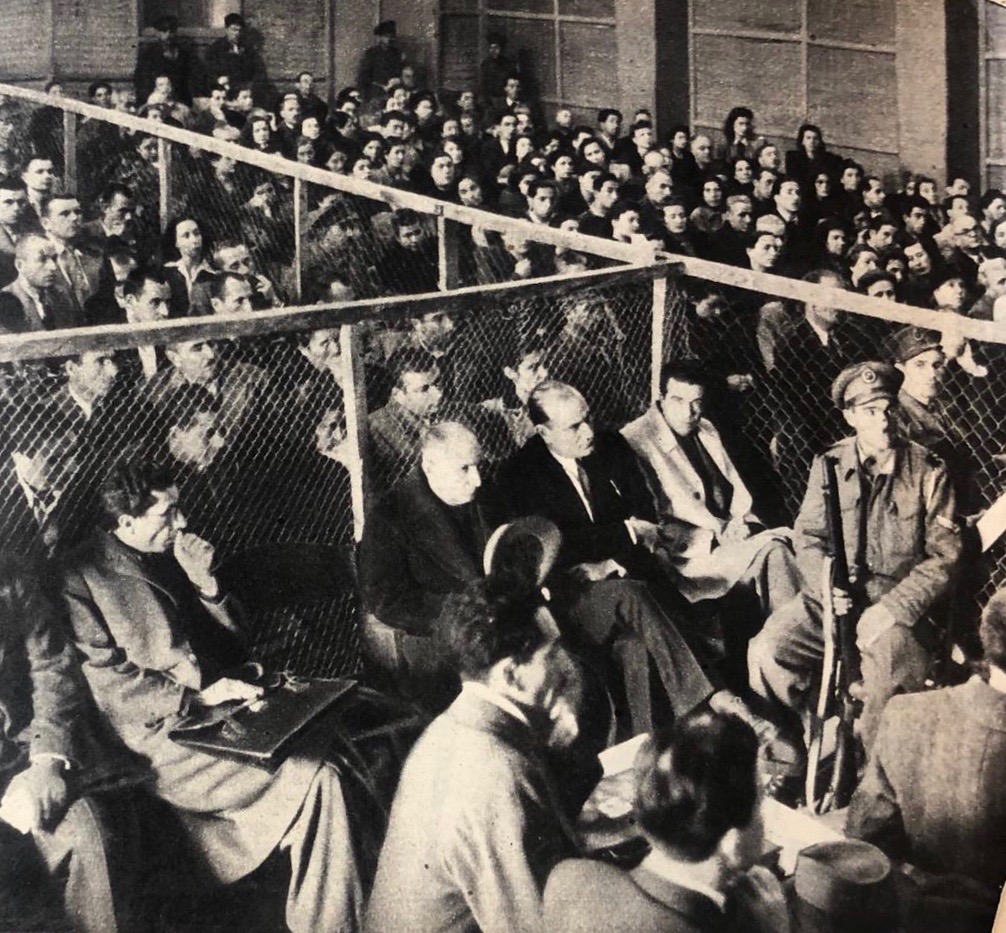
The civil war that engulfed Greece following liberation from the Axis powers left scars that polarize the nation to this day. Martha Papapostolou explains how the current Greco-Turkish border dispute might be a rare opportunity for the current government to overcome these divisions.
-
Thrust Back into the Dark Ages: Why the Taliban Deal is Doomed
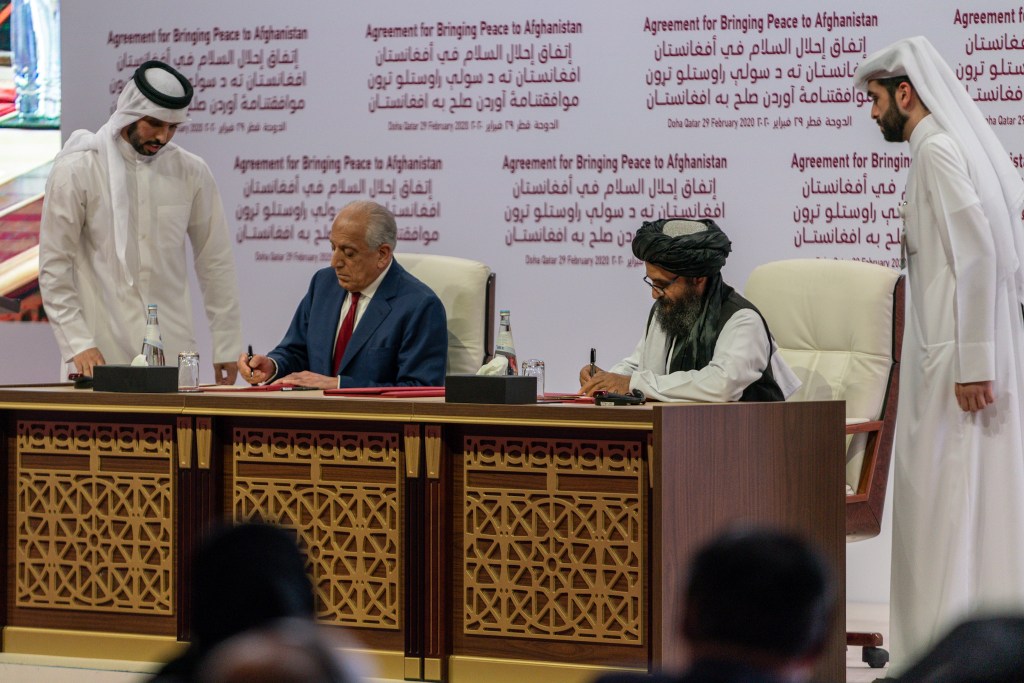
“Asking them to fight ISIS is the equivalent of asking Harvey Weinstein to fight Jeffrey Epstein.” By exploring the Taliban’s extraordinarily violent history, Dr. Sajjan M. Gohel reveals why their peace deal with the US is destined to fail.
-
Natural Gas, Refugees, and the West: Turkey’s Geopolitical Conundrum
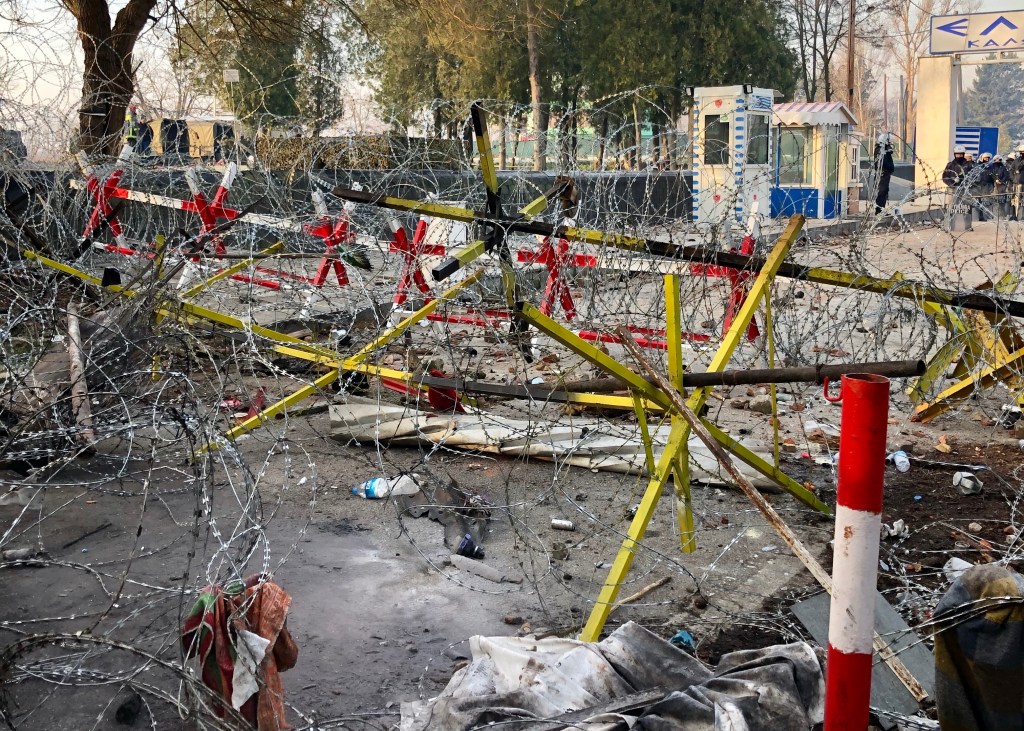
What does the maritime dispute between Turkey and Greece have in common with the Syrian crisis? Hercules Chatzitheoklitos shows how almost a century after its collapse, the legacy of the Ottoman Empire continues to haunt the geopolitical arena of the Middle East.
-
Making Sense of Ilhan Omar’s Connection to Recep Tayyip Erdogan

Ilhan Omar, a member of “The Squad,” is perhaps one of the most polarizing members of the US House of Representatives. Her awkwardly posed photo with Turkey’s notorious leader, Recep Tayyip Erdoğan, prompted Barbara Kelemen to investigate their potentially suspicious connection.
-
Poland, the Gulf War, and the New World Order

They say that the road to NATO is paved with good intentions. Melania Parzonka explores how Polish covert operations in the Gulf War freed Poland from the Warsaw Pact’s suffocating embrace and turned it into one of America’s most faithful allies.
-
Viva la Revolución – The CIA, According to Cuba
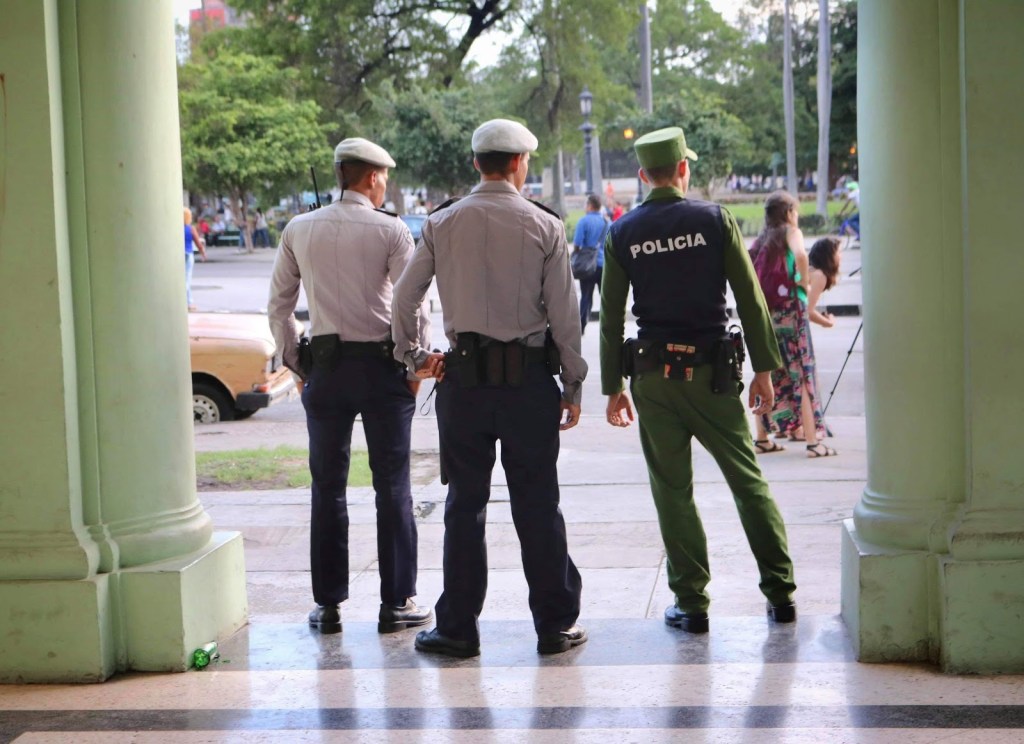
“It’s complicated”—30 years after the end of the Cold War, the US-Cuba relationship remains rocky. Victoria Jones examines how their shared history is still contested in Havana, along with the CIA’s murky past there.
Subscribe
Sign up for our newsletter!
